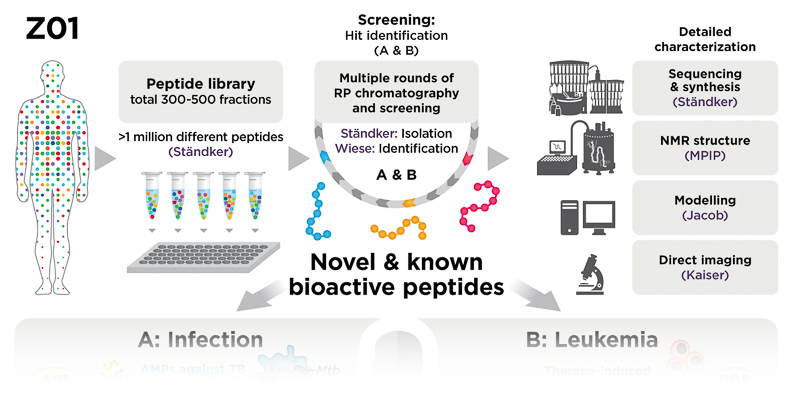Exploiting the Human Peptidome for Novel Antimicrobial and Anticancer Agents
The goal of CRC 1279 is to discover endogenous human peptides that play key roles in the control of human pathogens and cancers and to optimize them for potential therapeutic applications. To achieve this, the CRC exploits the peptidome, i.e. the entirety of peptides in the human body. This source is of enormous interest because peptides govern numerous physiological and pathological processes. In addition, peptides are key regulators and effectors of innate and adaptive immunity and modulate the survival, growth and metastatic spread of cancer cells. Despite its importance, the human peptidome is functional hardly explored. The main reason for this is its enormous complexity, which makes purification of individual bioactive peptides challenging. In this CRC, we are utilizing comprehensive peptide libraries from human body fluids and tissues for the stepwise purification of endogenous bioactive compounds detected in specific fractions by repeated rounds of functional assays and separation. This approach allows to isolate bioactive peptides from mixtures of up to millions of naturally-occurring compounds. It has proven highly successful and allowed the discovery of numerous as-yet-unknown endogenous agents displaying antimicrobial (i.e. antiviral and antibacterial) and/or anticancer (e.g. antineoplastic and antimetastatic) activity. The framework of expertise and resources available in the CRC allows to define their mode of action and physiological relevance, and to apply state of the art technologies to optimize natural peptides for translational in vivo applications. Notably, a significant portion of endogenous peptides exerts both antimicrobial and antineoplastic activity and could be optimized for therapeutic development. The CRC is highly interdisciplinary and organized in three cooperative research areas that are supported by two essential technology platforms. The first core project generates and provides peptide libraries to the research projects and support them in peptide purification, synthesis, structural analysis and molecular modelling. Projects in area A discovered, characterized and optimized numerous antimicrobial peptides. Projects in area B analyzed the role of endogenous peptides in cancer growth and metastasis, focusing in particular on leukemic and cancer stem cells. In close cooperation with areas A and B, projects in area C develop novel tools and methodologies to optimize the activity, stability and delivery of the bioactive peptides. The CRC is complemented by a technology platform allowing testing of the distribution, tolerability and bioavailability of peptides in animal models. The research consortium opens a new, highly challenging field of research to obtain new insights into the role of endogenous peptides in infectious and oncological processes. It will clarify whether the generation of antimicrobial and antineoplastic peptides from abundant precursors by immune-activated proteases represents a common principle in innate immunity. The ultimate goal is to translate these results into novel peptide-based imaging and delivery tools and therapeutics.
Whats in the news

Vitamin A Carrier RBP4 Reactivates Hidden HIV
In an interdisciplinary study, just published in Signal Transduction and Targeted Therapy, members of CRC 1279 together with partners from the US and Austria show that Retinol Binding Protein 4 (RBP4)—the main carrier of vitamin A in the blood—can reactivate latent HIV-1 in human T cells.
October 10th, 2025
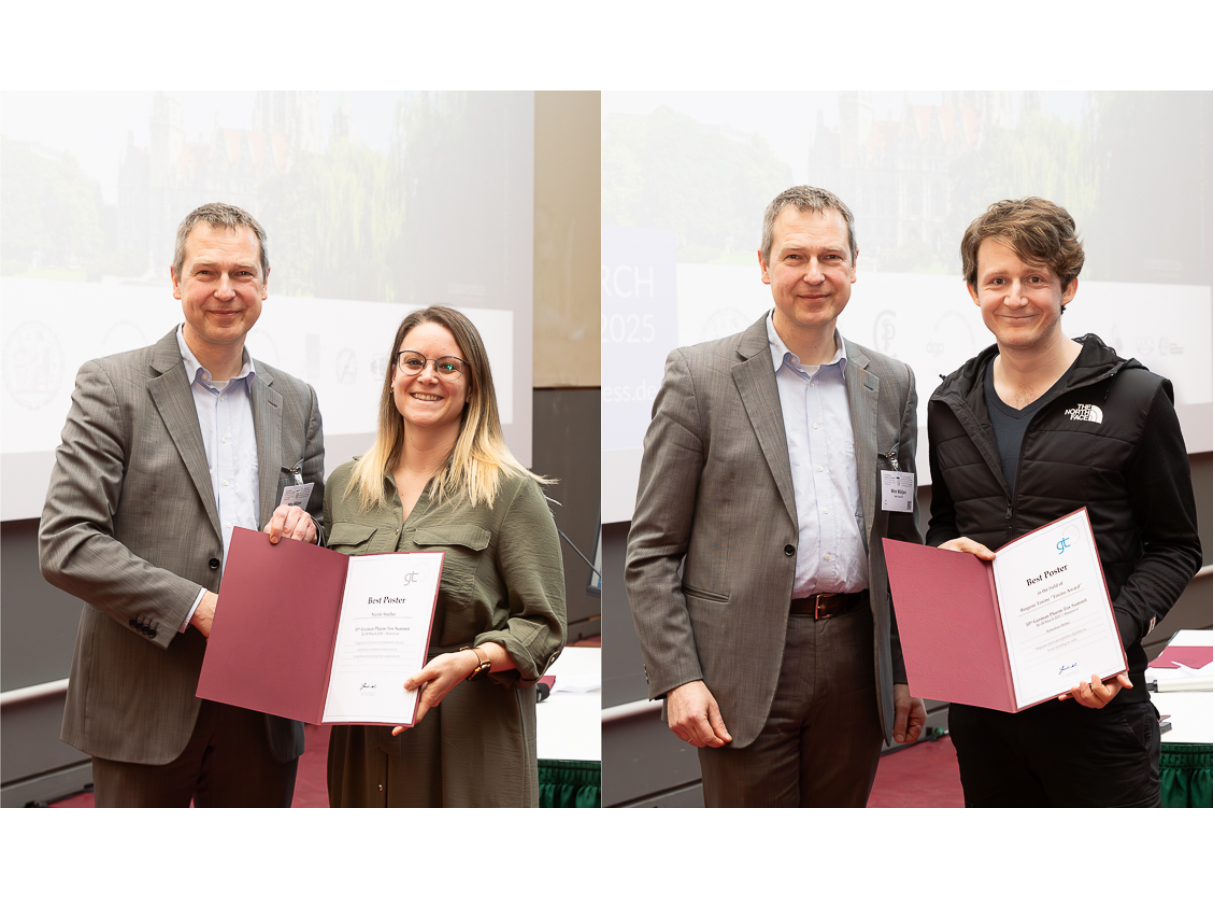
Double success for CRC: Two members receive top honors in poster awards
For their excellent displays at the 10th German Pharm-Tox summit
April 04th, 2025
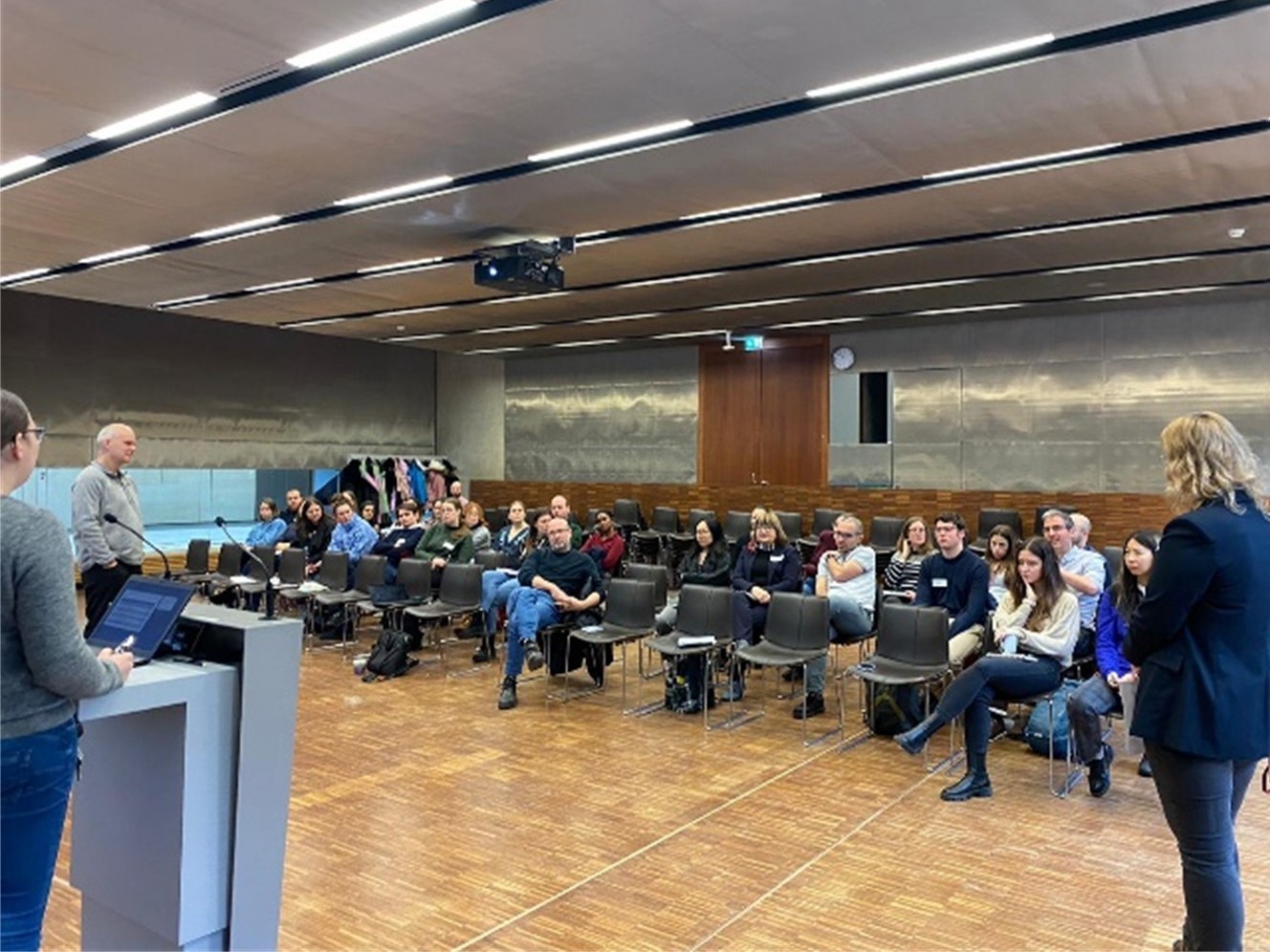
The 2nd Ulm-Tübingen Virology Meeting
The 2nd Ulm-Tübingen Virology Meeting on January 13, 2025, brought together young scientists from both universities to discuss their research and strengthen collaborations.
Dr. Dorota Kmiec and Dr. Rayhane Nchioua | February 02nd, 2025
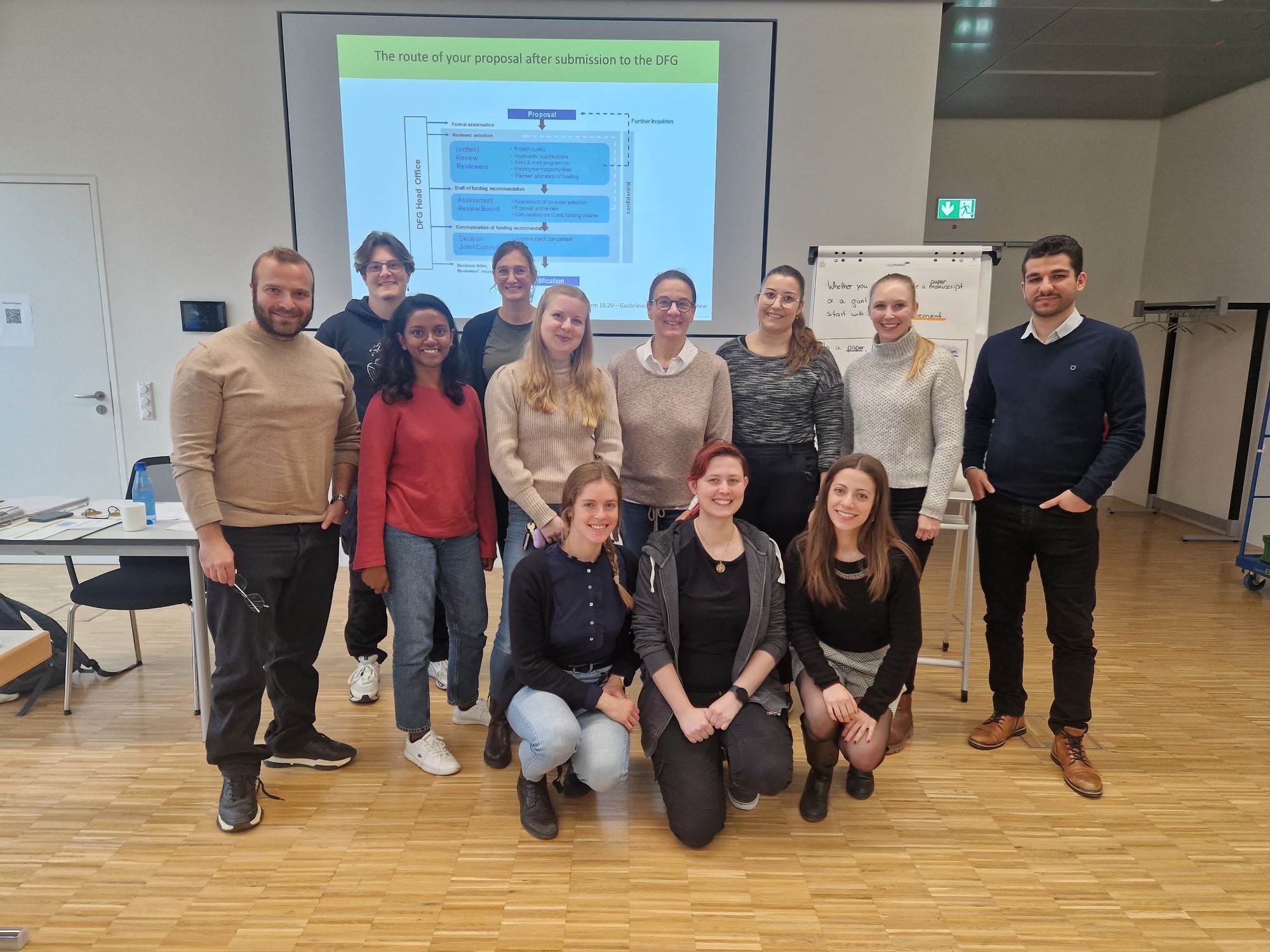
From Concept to Proposal: Practical Strategies for Grant Writing and Research Communication
This year’s CRC 1279 gender equality workshop provided PhD and Postdoctoral participants with valuable insights to improve their grant proposal and scientific communication skills.
Susanne Klute & Sabrina Noettger | December 03rd, 2024
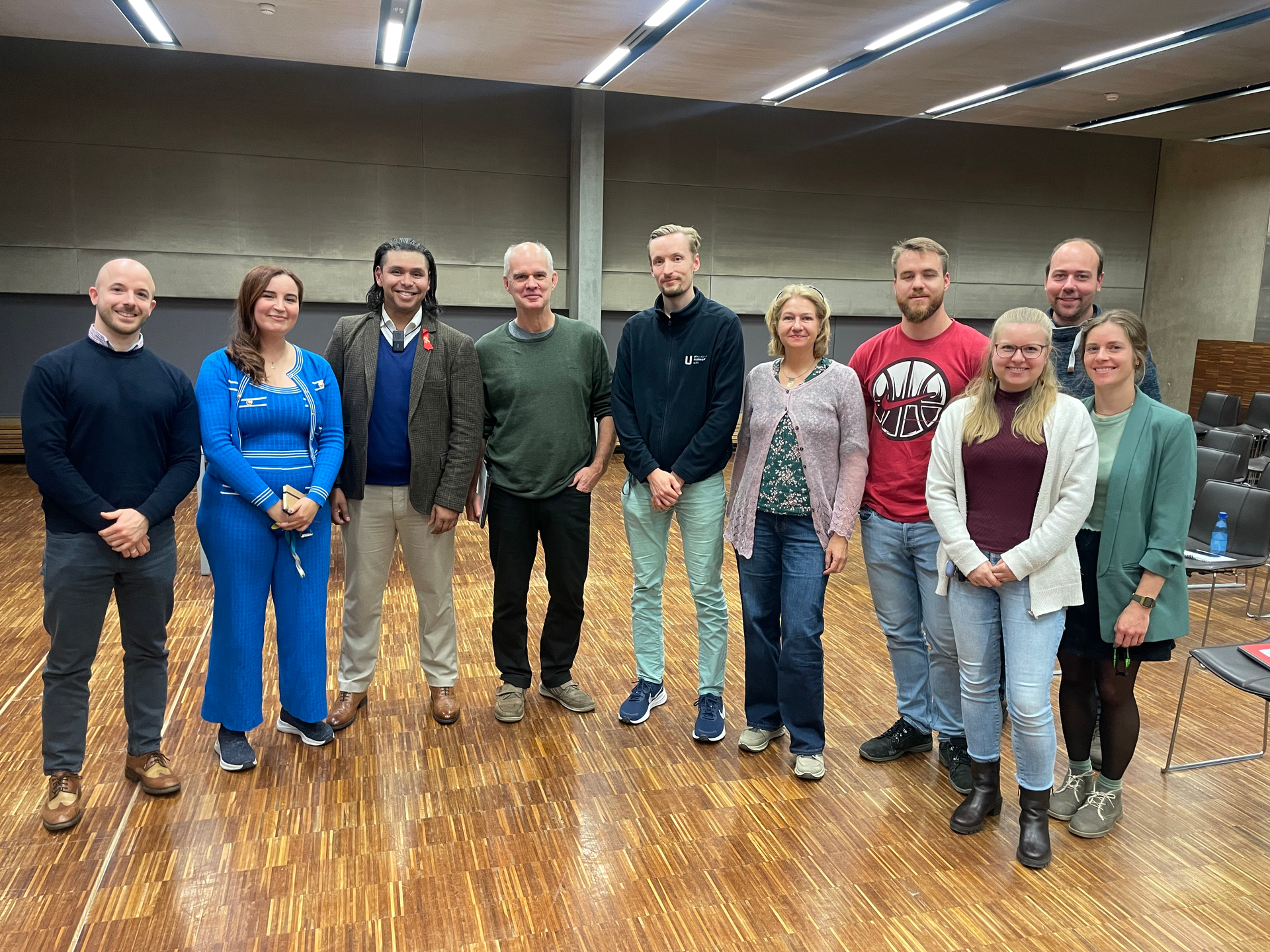
Interviewing: The London patient
Adam Castillejo, better known as “The London patient”, visited the University of Ulm to share how courage, perseverance and science allowed him and five other people to cure HIV infection to a life without the virus.
Sofya Novikova | November 28th, 2024
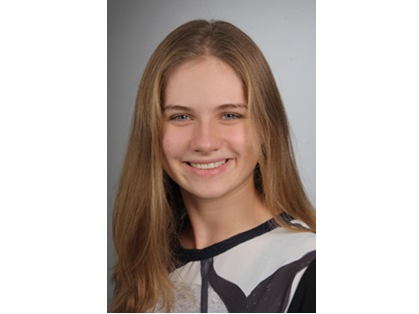
The CRC congratulates PhD student Julia La Roche on receiving the Harald Rose-Prize
For her outstanding master thesis in the field of electron microscopy as part of Z01
Dan Albers | November 20th, 2024

The London patient visits the CRC 1279: Adam Castillejo gives insights into his long journey towards curation from HIV-1
On Monday, September 30th, CRC 1279 had the privilege of hosting Adam Castillejo, widely known as the London Patient. He is the second person—and one of only seven—to have been successfully cured of HIV.
Dan Albers | November 14th, 2024
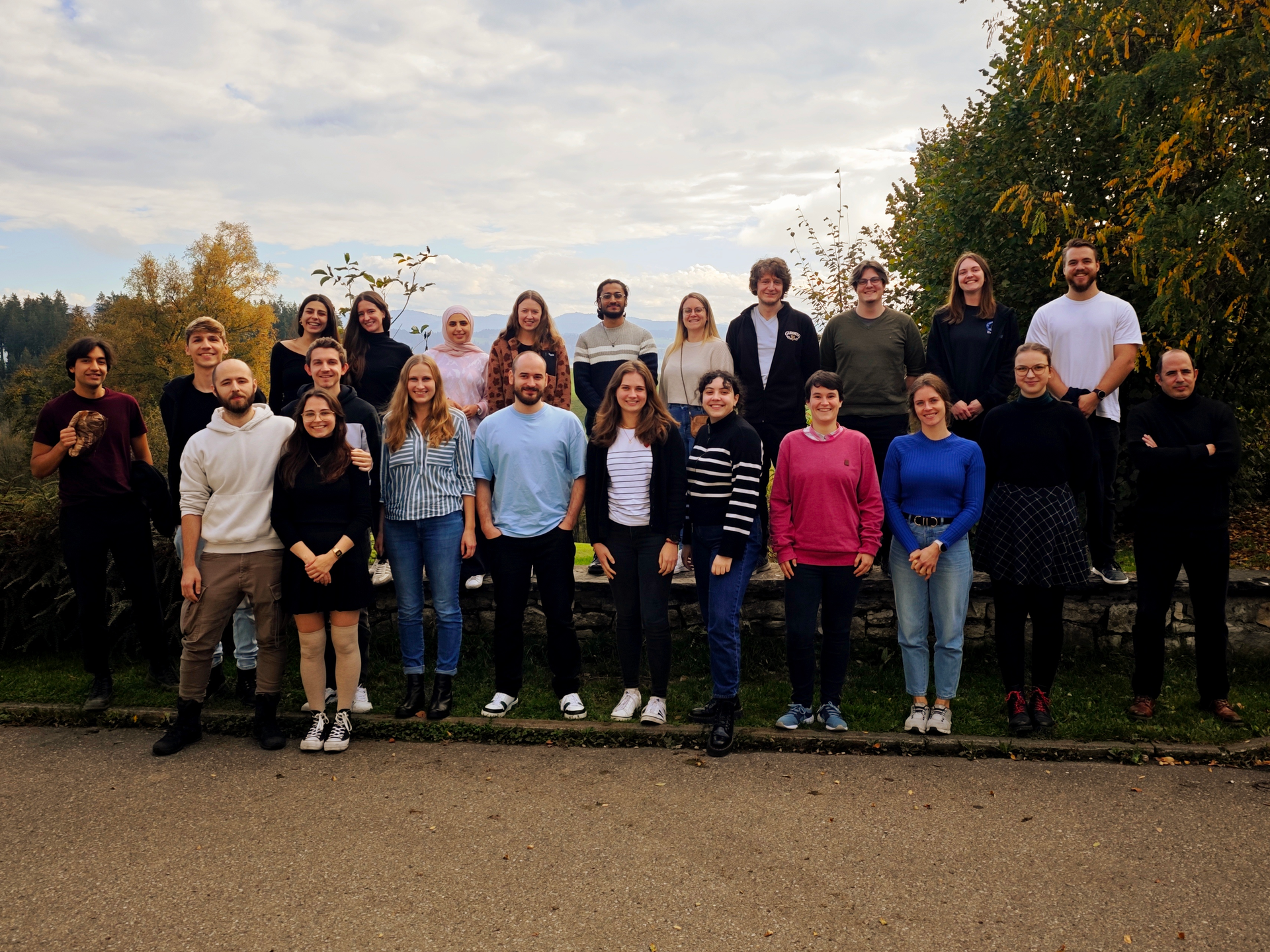
CRC 1279 Student Retreat 2024: A Two-Day Journey of Skills, Science, and Community
The 3rd CRC 1279 student retreat offered students of the CRC 1279 two-days for networking and professional development.
Helene Hoenigsperger | November 4th, 2024
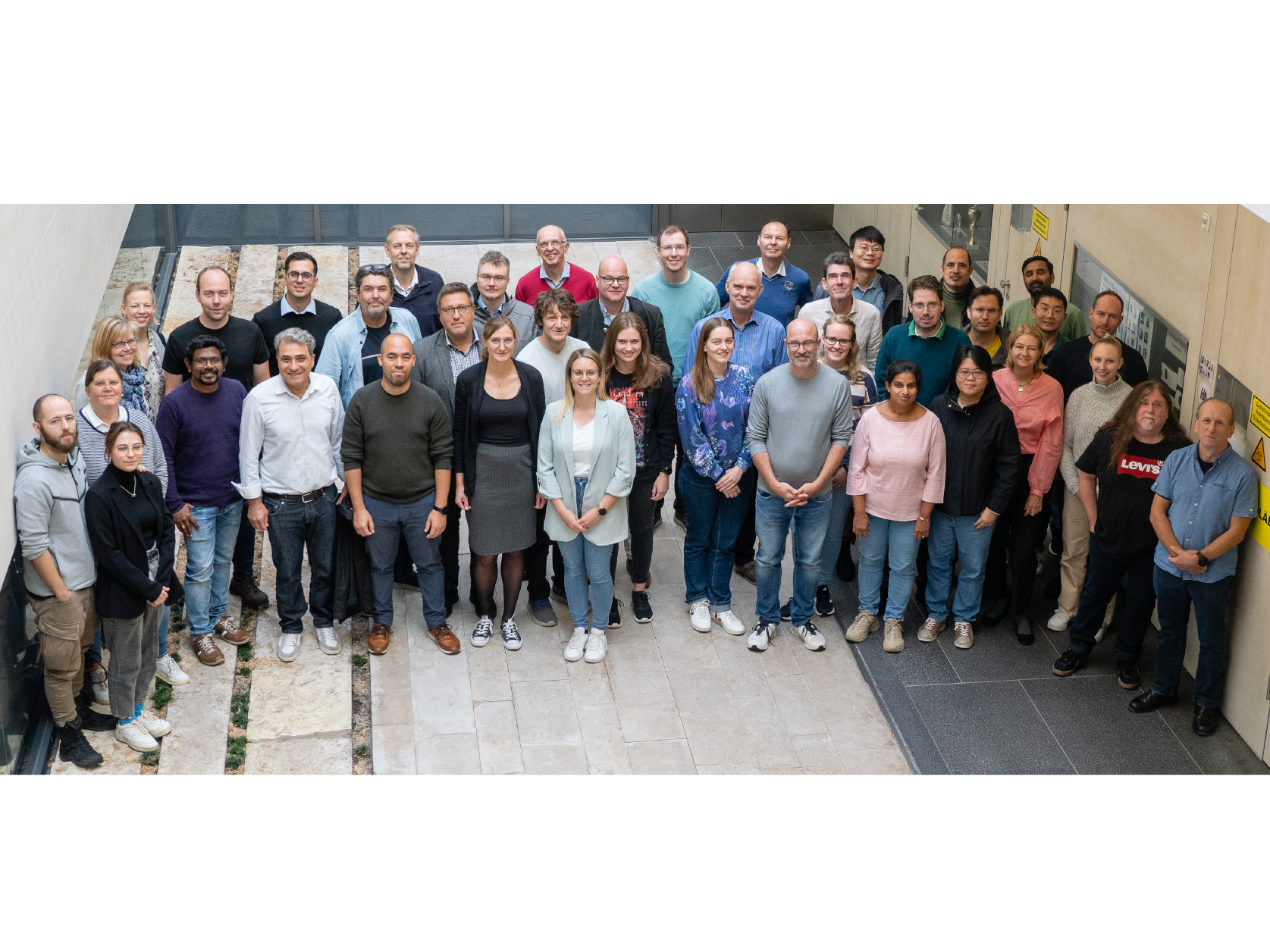
Exciting Advances at the 2024 Symposium of CRC 1279
Scientists present new data and innovative ideas
Dan Albers | October 21st, 2024
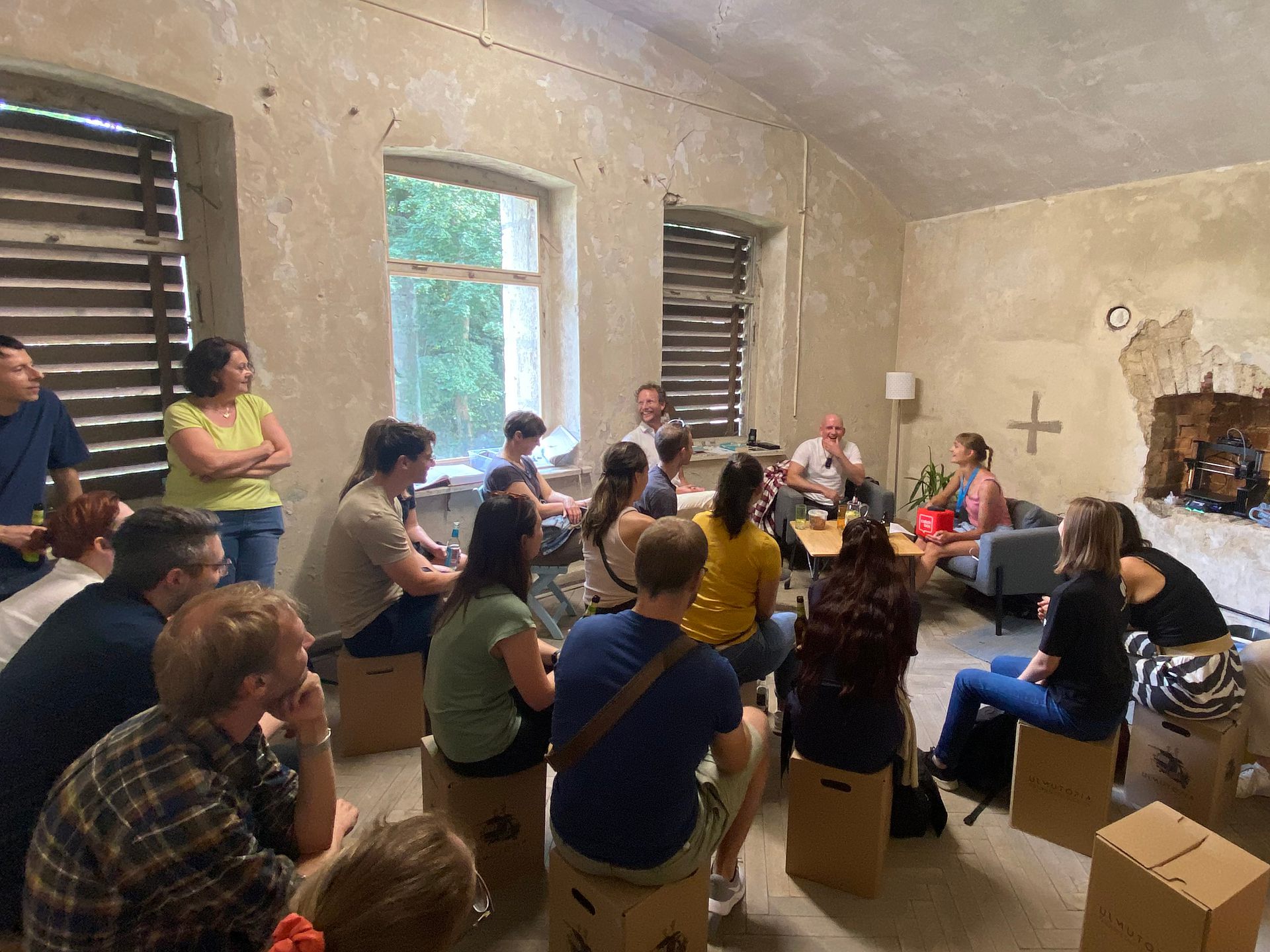
Science Communication: Let’s talk about proteins
CRC member Dr. Fabian Zech and alumni Dr. Annika Röcker welcomed many people in their “Prot:Space”: A room for science communication and discussion.
August 20th, 2024
Follow the light: Laser-activated nanorobots for tissue engineering and temperature sensing.
The CRC thanks Prof. Dr. Berna Özkale for her fascinating seminar on nanorobotics
Dan Albers | May 16th, 2024
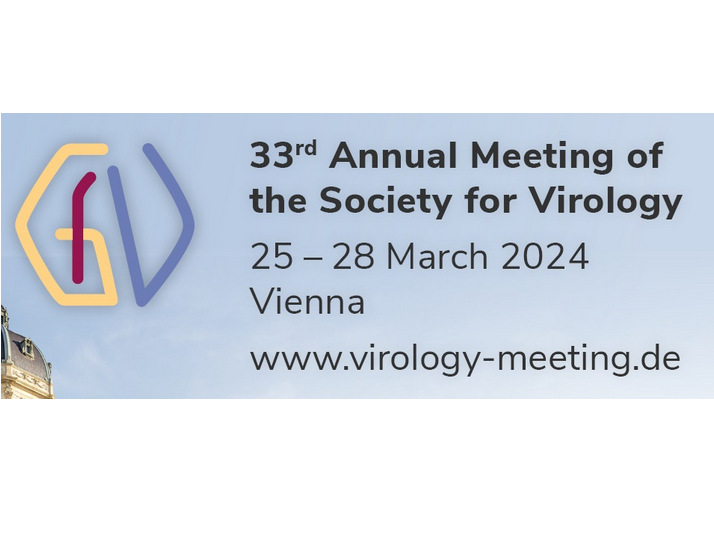
Strong presence of CRC1279 at the Spring meeting of the German Society for Virology (GfV)
Four selected talks by students and the Loeffler-Frosch-Prize for Jun.-Prof. Konstantin Sparrer
Dan Albers | May 15th, 2024
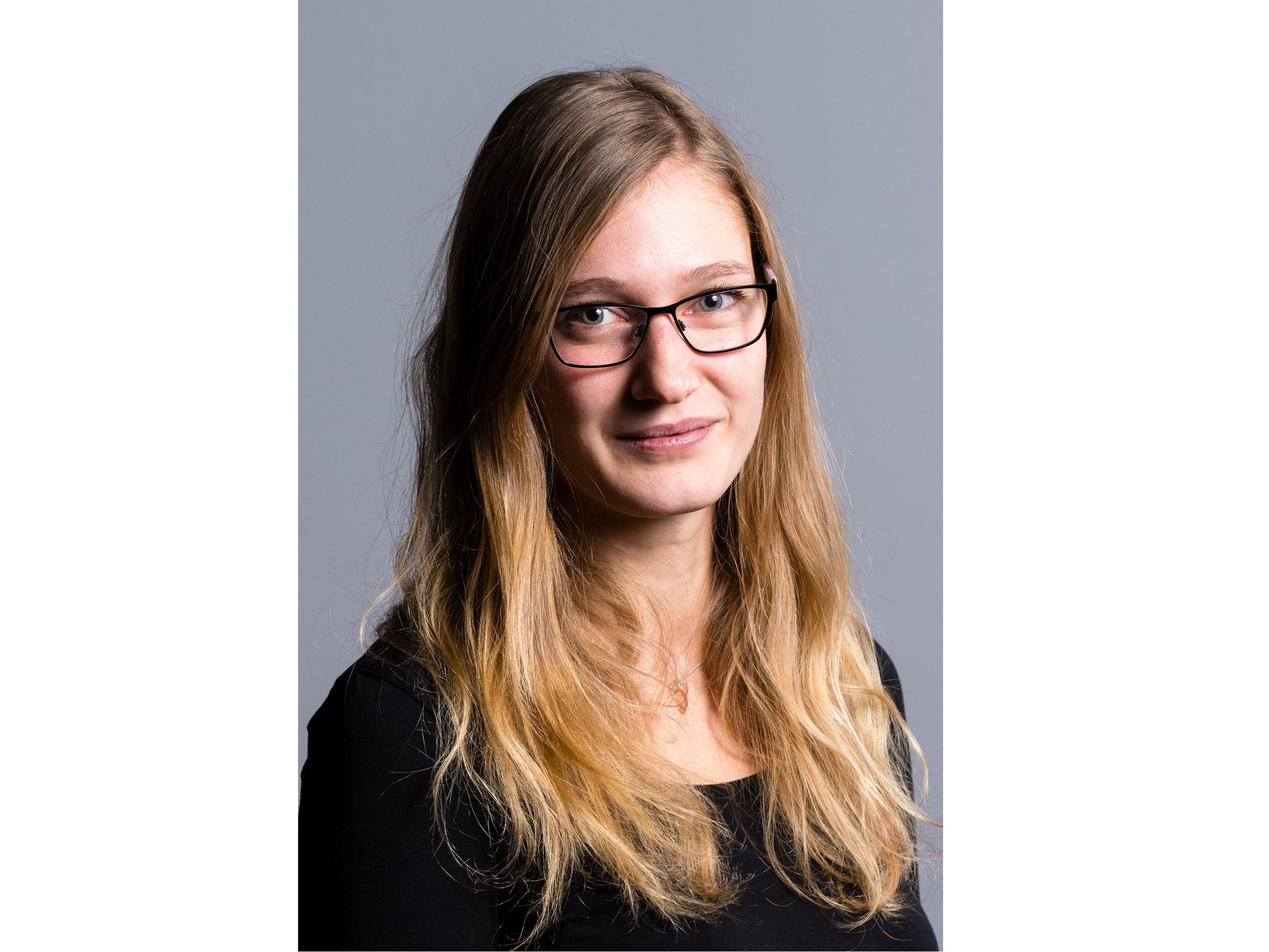
Dr. Mirja Harms awarded with a stipend by the Novartis Foundation to explore therapeutic CD3-Fab-peptide conjugates for cancer treatment
Dr. Mirja Harms has been awarded the graduate stipend program of the Novartis Foundation.
Sofya Novikova | April 25th, 2024
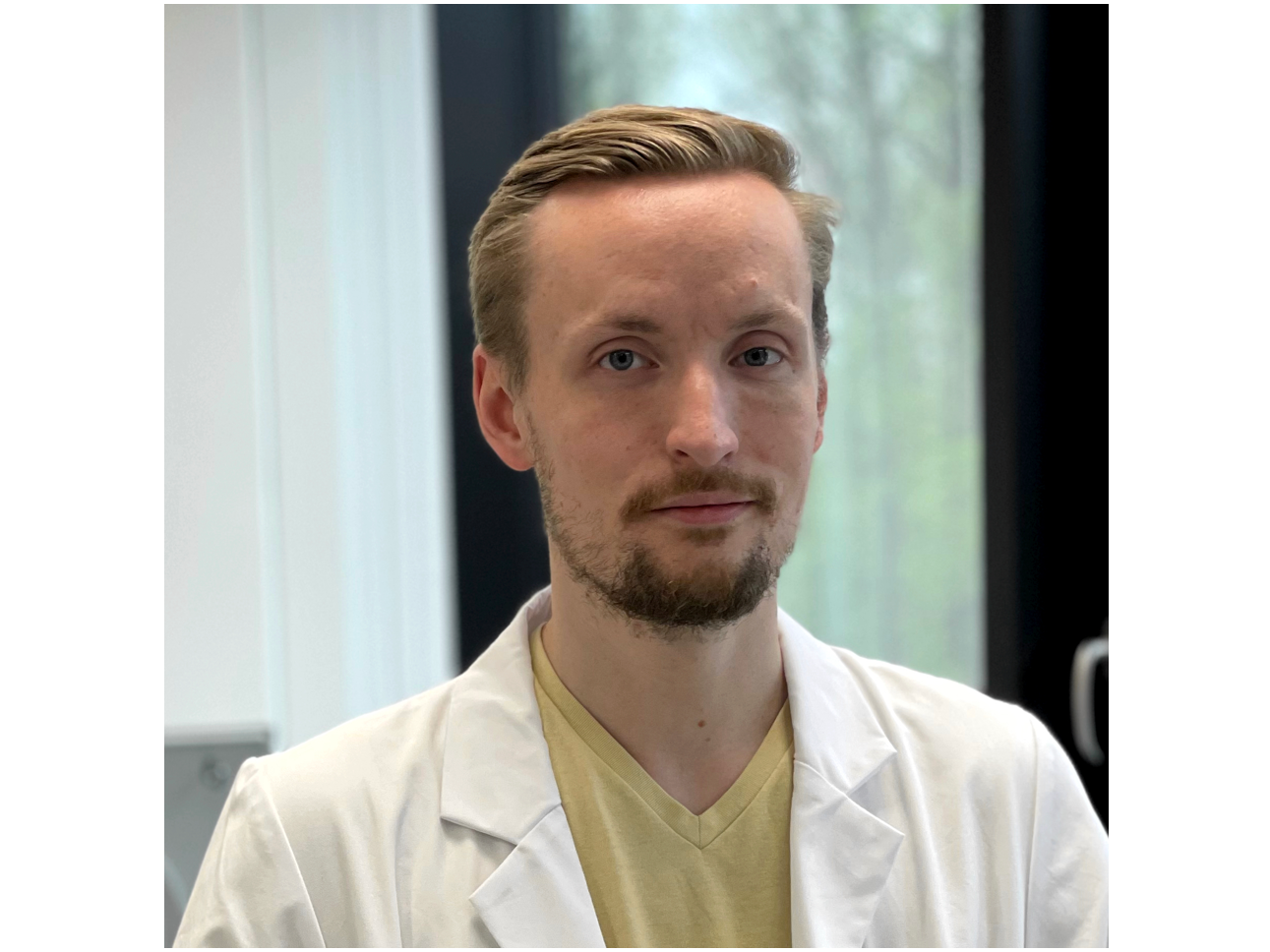
Cooperative studies headed by scientists of the Molecular Virology Institute in Ulm discover novel innate defense mechanisms against oral and sexual virus transmission
New data published in “Nature Microbiology” helps explain preferential bloodborne transmission.
Dan Albers | March 27th, 2024
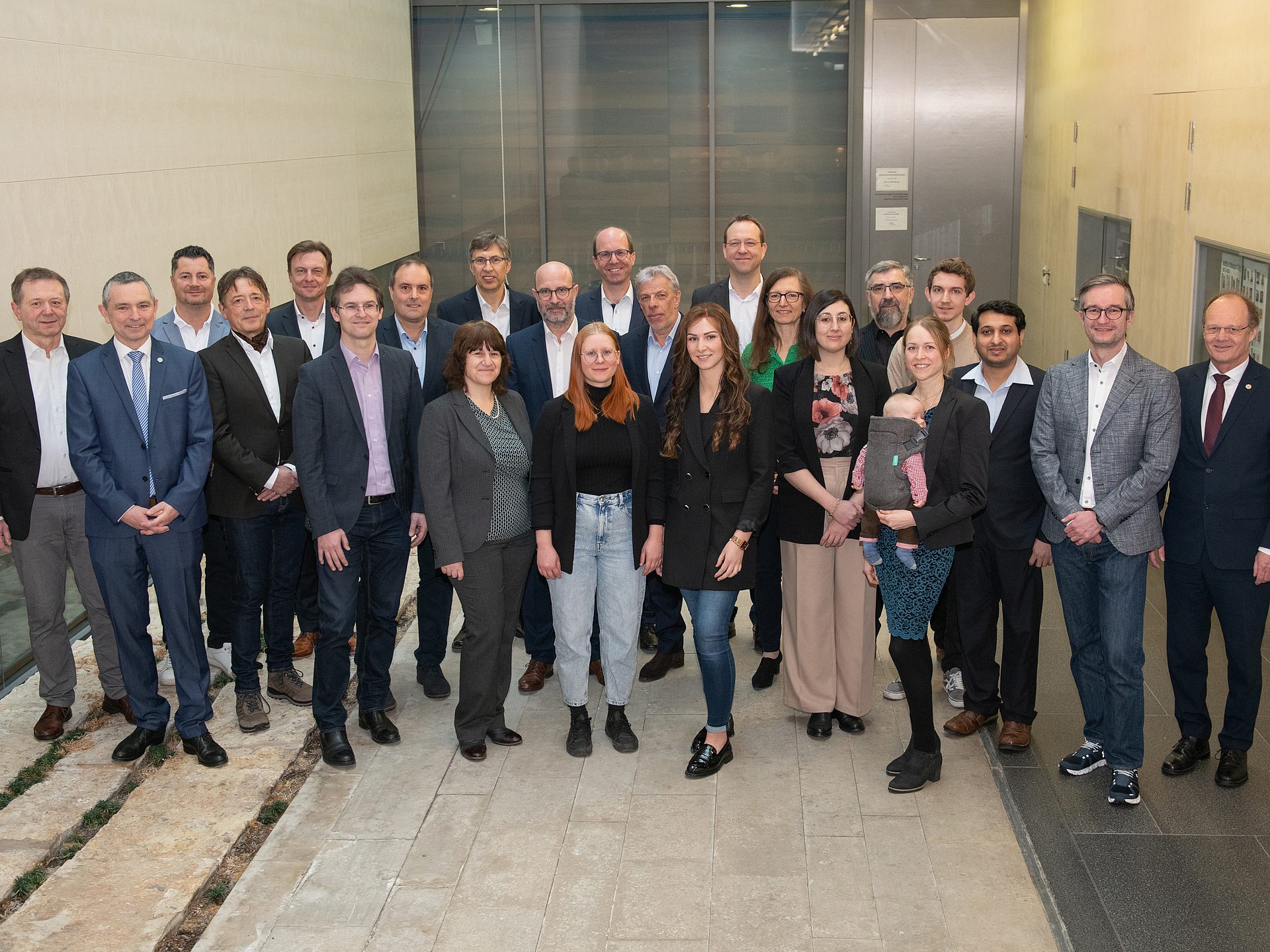
Ulm University awarded the Cooperation Prize for Science and Industry 2023 to Prof. Dr. Jan Münch and AATec GmbH.
In recognition of their outstanding collaboration in developing new therapeutics for respiratory infections.
Dan Albers | March 07th, 2024

Virus against virus: Members of the CRC developed an agent directly targeting both SARS-CoV-2 particles and infected cells
Members of the CRC 1279 in cooperation with the Institute of Pathology at Ulm University, show that Vesicular Stomatitis Virus (VSVΔG) particles carrying the SARS-CoV-2 receptor, Angiotensin-Converting Enzyme 2 (ACE2), allow specific targeting of both SARS-CoV-2 virions and infected cells.
Bad Schachen: Scientists discussed latest findings at the annual CRC 1279 meeting
About 70 researchers from Ulm and beyond met in Bad Schachen to discuss new data, current developments, and future perspectives of the peptide CRC.
Sofya Novikova | September 08th, 2023
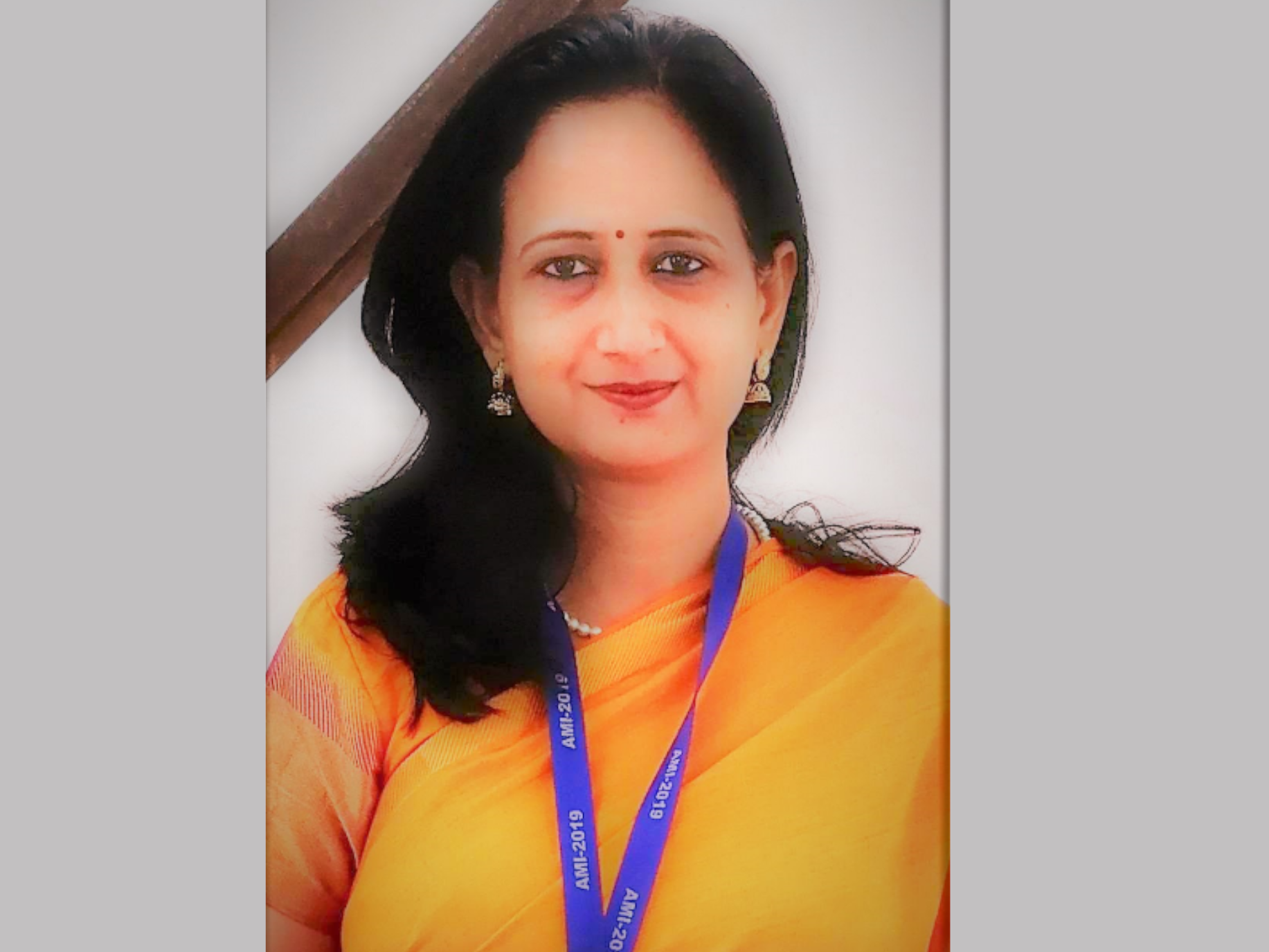
Addressing Antimicrobial Resistance: Exploring Novel Antimicrobial Peptides as Alternatives to Antibiotics in a Collaborative Indo-German Study
For her proposal to utilize endogenous peptides in the fight against antimicrobial resistance Dr. Puja Yadav received the Women Involvement in Science and Engineering Research (WISER) grant.
Dan Albers | June 01st, 2023
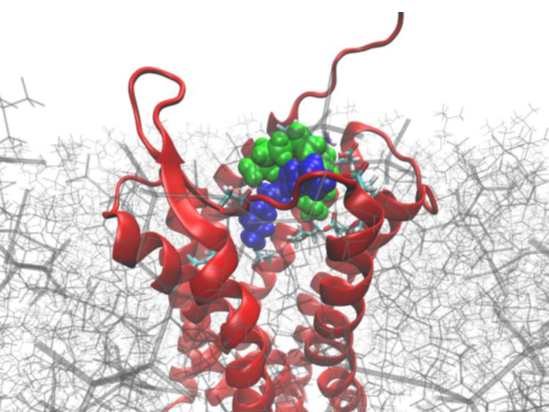
CRC scientists reveal possible mechanism behind co-receptor biased HIV-1 transmission during sexual intercourse
A recent study in Science Advances provides new evidence for the restriction of CXCR4-tropic HIV-1 strains during sexual transmission.
Dan Albers | May 30th, 2023
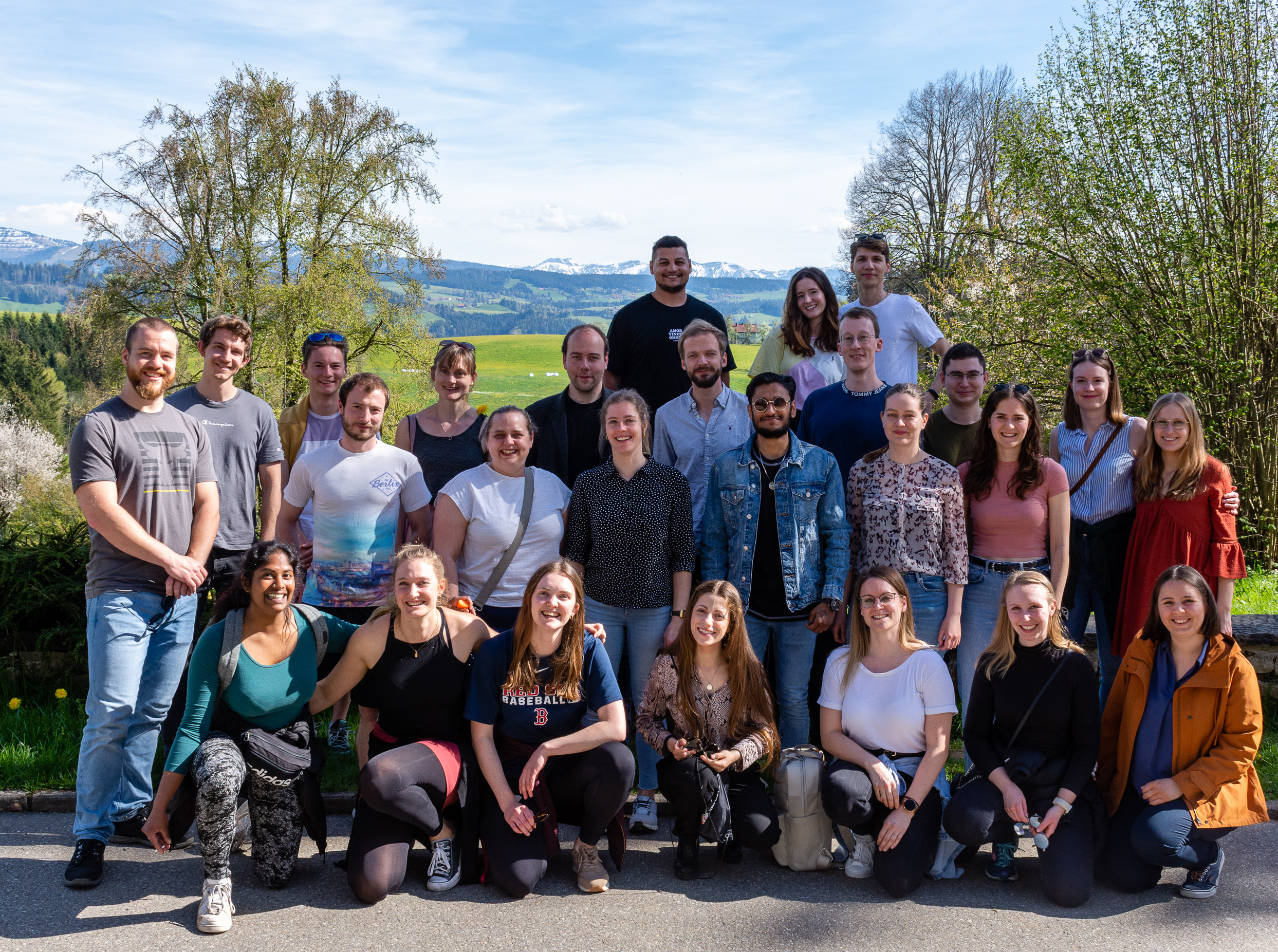
Getting away from the labs: CRC 1279 Student Retreat Highlights Diverse Post-Graduate Career Paths
Alumni of the CRC were invited as speakers from both academia and the private sector to showcase the large variety in possible career paths after graduation.
Dan Albers | May 26th, 2023
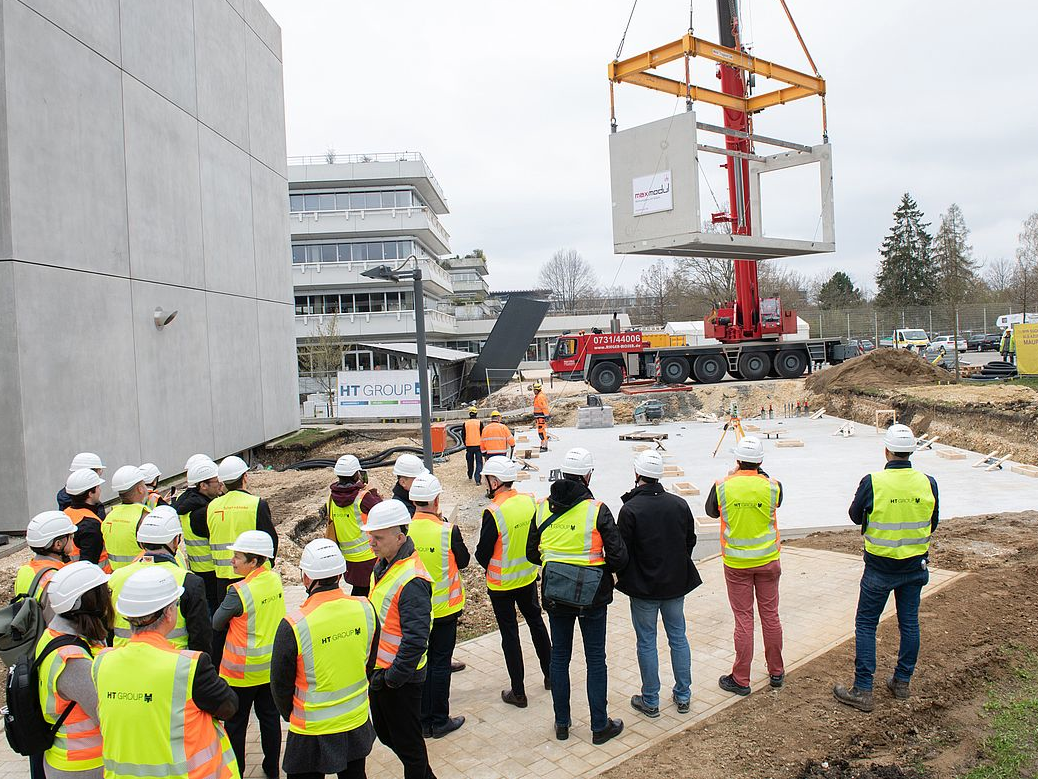
Expanding Research Capacities: Ulm's New BSL-3 Laboratory will Facilitate Studies of High-Risk Viruses
Supported by funding of the European Union and the Medical Faculty of Ulm a new state-of-the-art facility for the safe study of highly pathogenic viruses is currently being built next to the Center of Quantum BioSciences (ZQB)
Dan Albers | May 24th, 2023
Ultrasensitive virus diagnostics: Ultrasens-VirA collaboration between the Institute of Quantum Optics, Institute of Molecular Virology and the Max Planck Institute for Polymer Research receives close to five million Euros from the Carl-Zeiss foundation for the development of a new ultrasensitive and rapid approach to respiratory virus diagnostics.
Dan Albers | May 15th, 2023
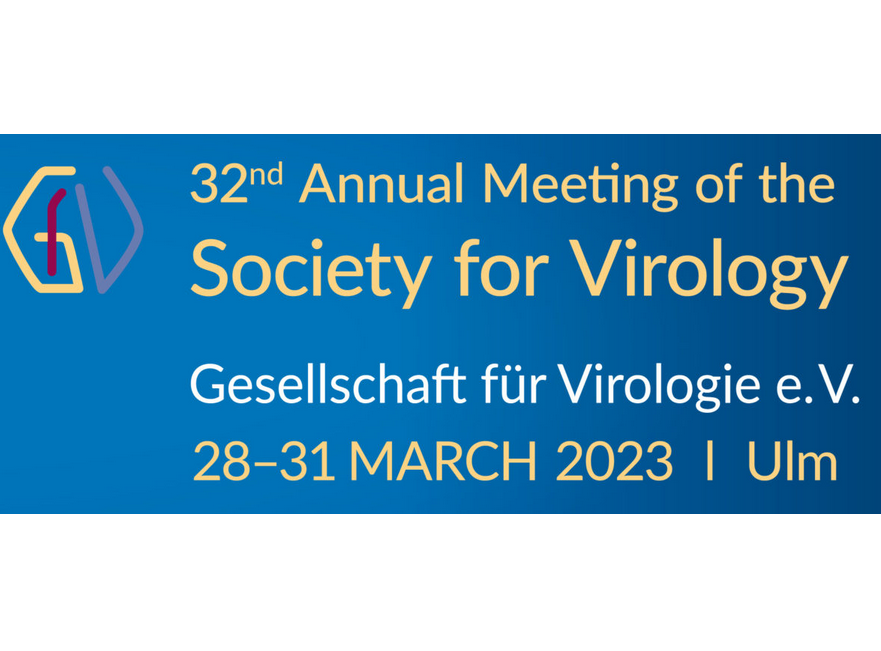
Young scientists associated with CRC 1279 honored for outstanding doctoral theses during the annual meeting of the Society for Virology
For their work on innate immunity and antiviral restriction factors, Dr. Rüdiger Gross and Dr. Rayhane Nchioua received the Bernhard-and-Ingrid-Fleckenstein and DZIF doctoral award, respectively.
Dan Albers| April 25th, 2023

CRC 1279 well represented at the Society for Virology's 32nd Annual Meeting
Scientists from CRC 1279 presented their latest research findings and use opportunities for networking during brakes and a social evening.
Dan Albers| April 20th, 2023
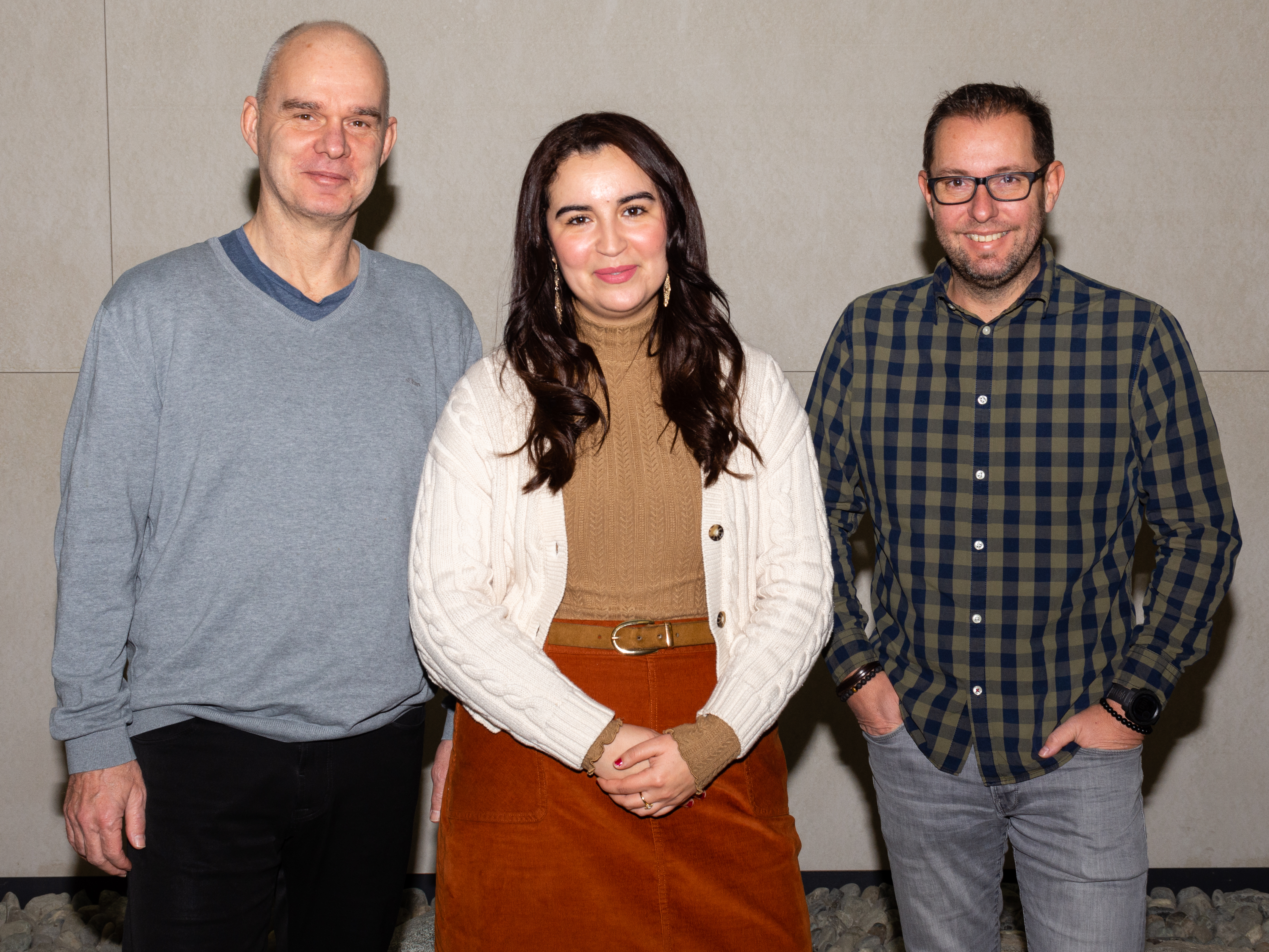
Adapting to compromises – Attenuation of Omicron BA.1 in human cardiomyocytes is contrasted by efficient replication of the BA.5 subvariant
A collaboration of CRC 1279 members led to novel insights into differences between SARS-CoV-2 variants and their potential consequences for cardiac injury.
Dan Albers| January 23rd, 2023
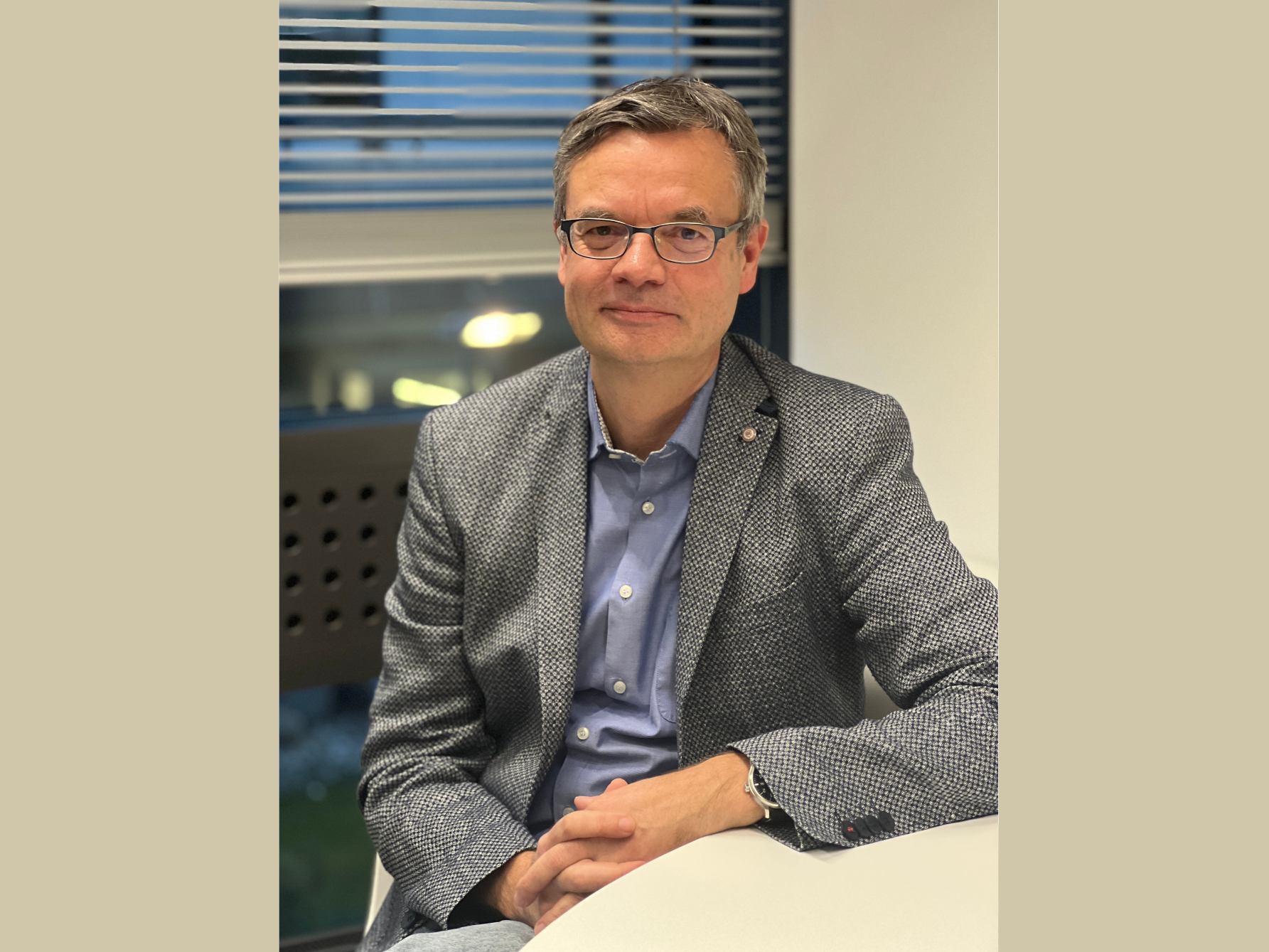
Leading an international effort in the fight against Morbus Waldenström
Prof. Dr. Christian Buske receives the Jan Gösta Waldenström lifetime award for his achievements in improving the treatment of Waldenström’s Macroglobulinemia
Dan Albers| December 20th, 2022

Elite Program of the Baden-Württemberg foundation awards Dr. Mirja Harms
For her proposal to unravel the interplay between SARS-CoV-2, aberrant T-cell activation, and endogenous CXCR4 ligands.
Dan Albers| December 08th, 2022
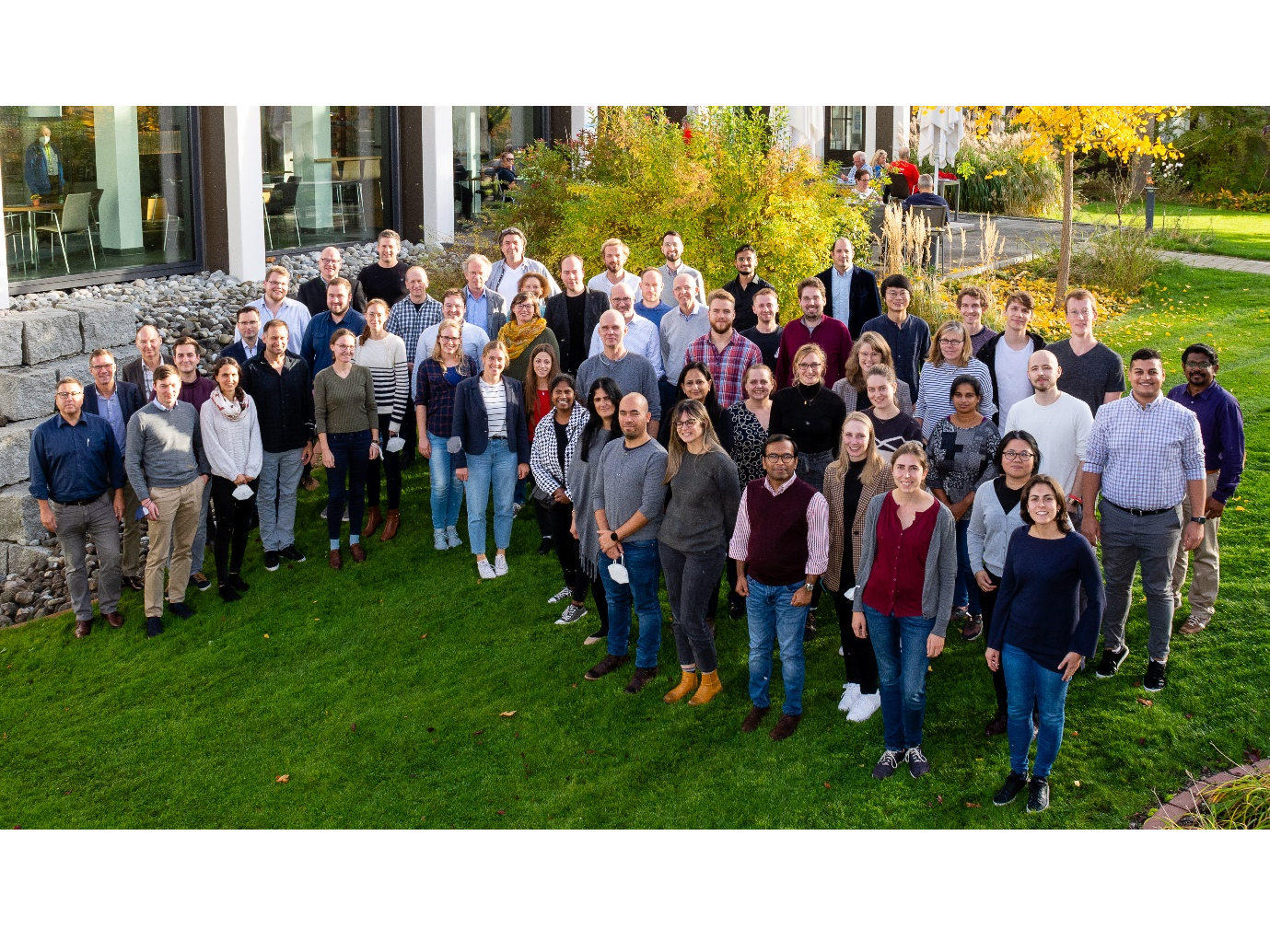
Back to Lake Federsee and direct interaction
After numerous online meetings, almost 70 CRC 1279 members, as well as scientific advisors and guests, clearly enjoyed to meet in-person to present and discuss science at the symposium in Bad Buchau (Oct. 17 and 18).
Prof. Frank Kirchhoff | November 11th, 2022
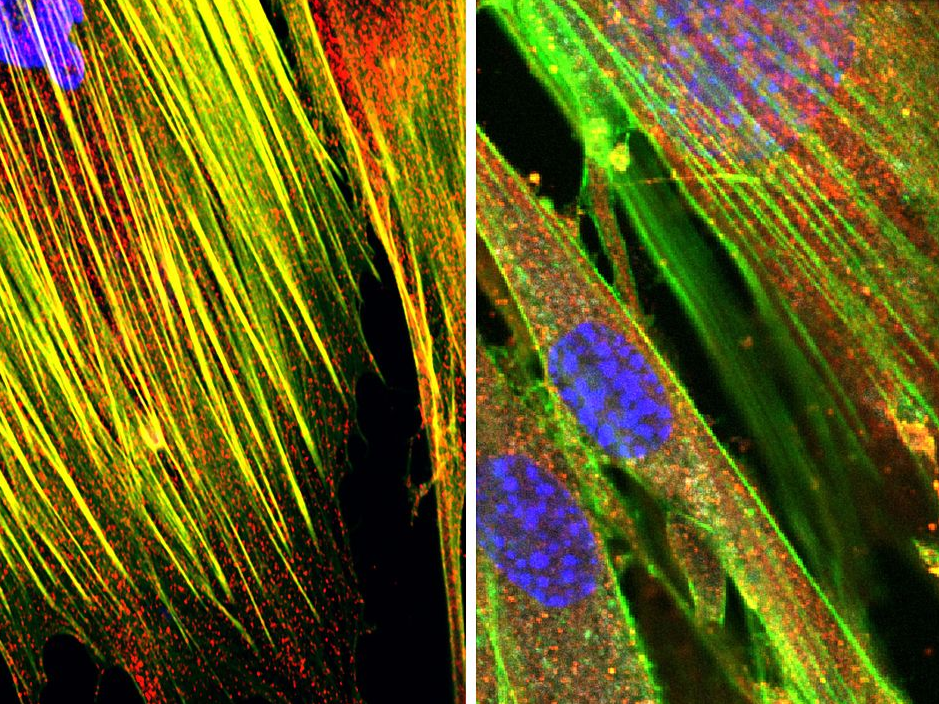
Double success including a double mechanism
Researchers of CRC 1279 made two interesting discoveries published almost simultaneously in Cell Host and Microbe and Cell on October 14th and 15th, respectively.
Prof. Frank Kirchhoff | September 19th, 2022
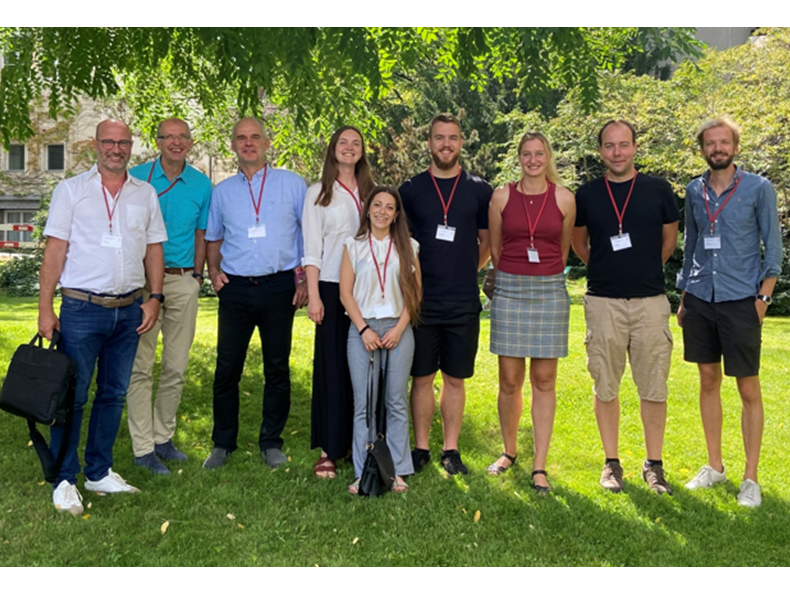
CRC 1279 well-represented at the Peptide Therapeutics Forum 2022
Eight members of CRC 1279 participated at the Peptide Therapeutics Forum 2022 of the Swiss Chemical Society at August 25th and 26th in Basel
Prof. Frank Kirchhoff | September 12th, 2022
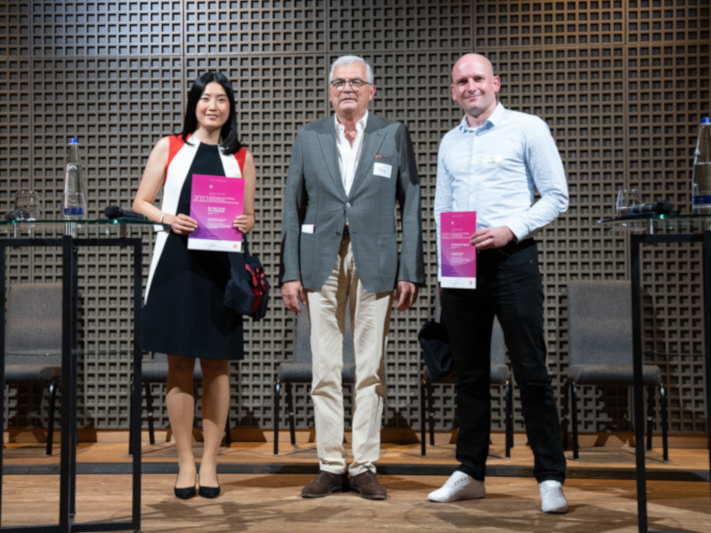
Science award of the GlaxoSmithKline Foundation for Dr. Konstantin Sparrer
For his studies on how viral pathogens evade immune control, Dr. Konstantin Sparrer received the prestigious 2021 Science Award for Basic Medical Research from the GlaxoSmithKline Foundation.
Prof. Frank Kirchhoff | July 26th, 2022
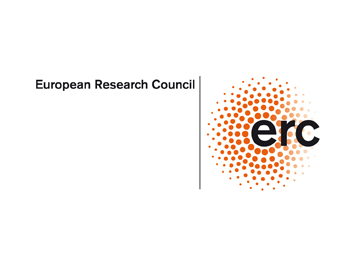
ERC Advanced Grant for viral traitors
Good news: Prof. Dr. Frank Kirchhoff and his team will receive 2.3 million euros from the European Research Council for uncovering antiviral defense mechanisms.
Dr. Annika Röcker | May 09th, 2022
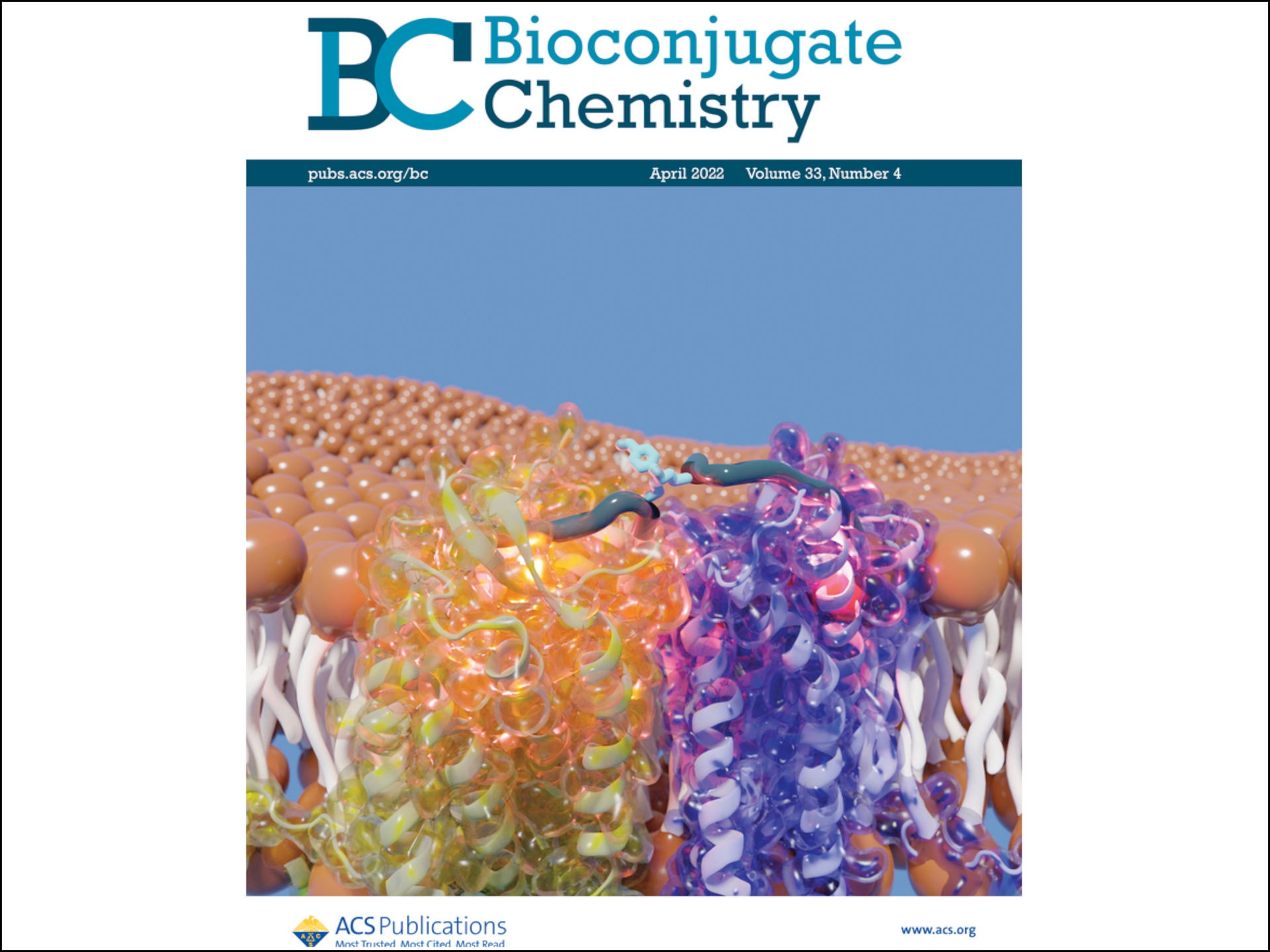
On the cover: Improving potency and plasma stability of EPI-X4 derivatives
We are happy to announce that our newest cooperative publication made it on the cover page of Bioconjugate Chemistry.
Prof. Frank Kirchhoff & Dr. Mirja Harms | May 04th, 2022
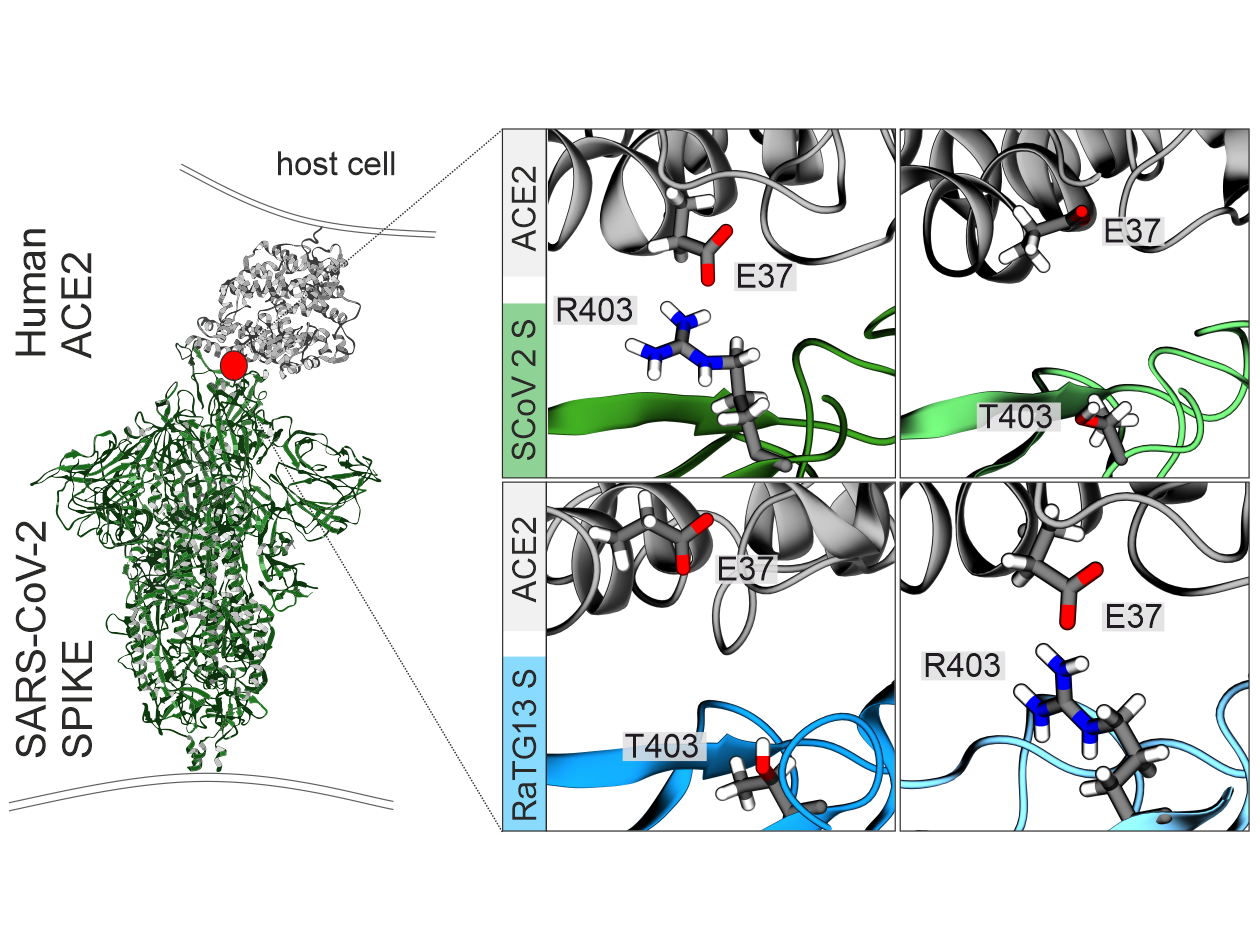
What it takes to cross borders
Members of CRC 1279 show that a single T403R amino acid change allows the Spike protein of the Sarbecovirus RaTG13 to interact with the human SARS-CoV-2 receptor ACE2.
Prof. Frank Kirchhoff & Fabian Zech | December 10th, 2021
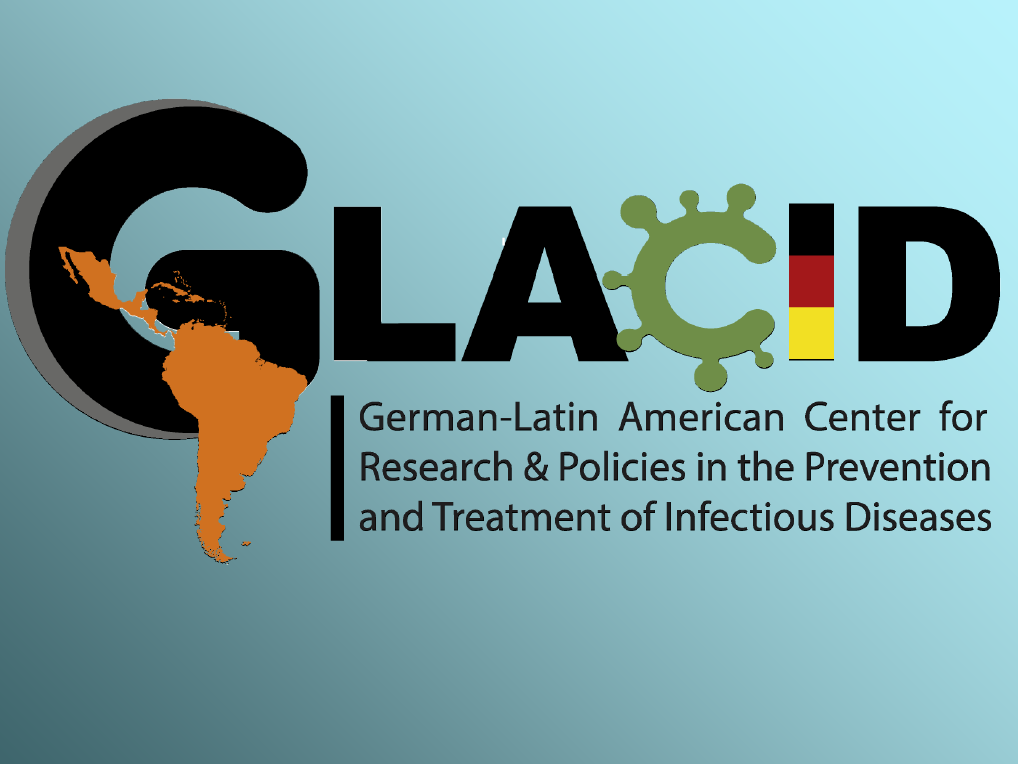
Ulm Peptide Researcher participate in Global Health Center for Pandemic Prevention
Members of the CRCR1279 obtained a grant from the DAAD to participate in a Global Health Center for Pandemic Prevention from 2021 to 2025.
Dr. Ludger Ständker | October 10th, 2021
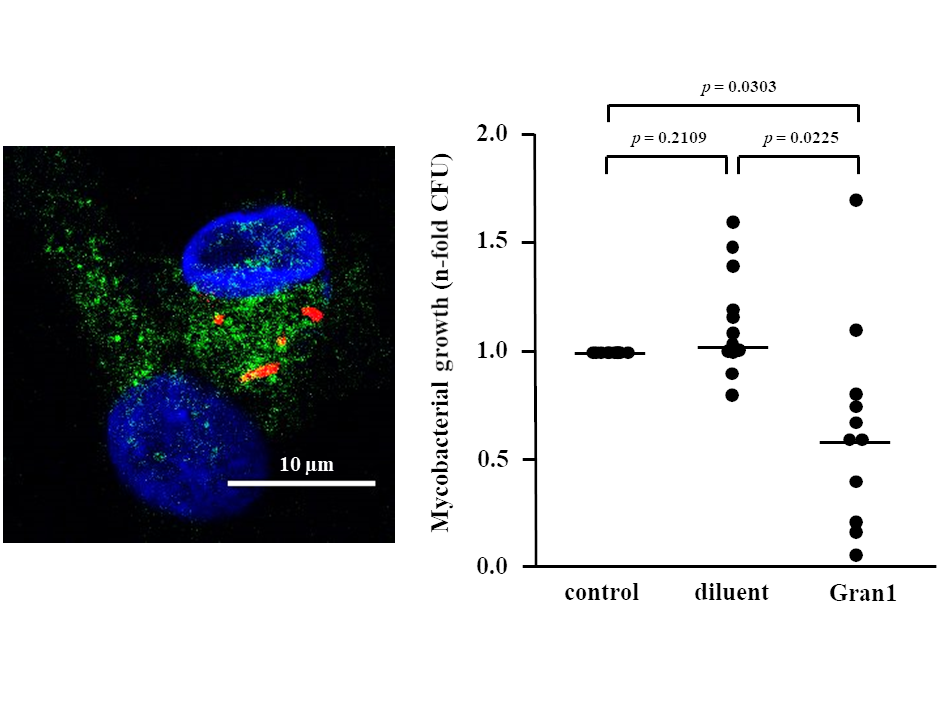
Improving AMPs: Gran1 inhibits Mycobacterium tuberculosis
We evaluated the antimicrobial activity of Gran1 against the major human pathogen Mycobacterium tuberculosis (Mtb) and a panel of clinically relevant non-tuberculous mycobacteria which are notoriously difficult to treat.
By Reiner Noschka | August 10th, 2021
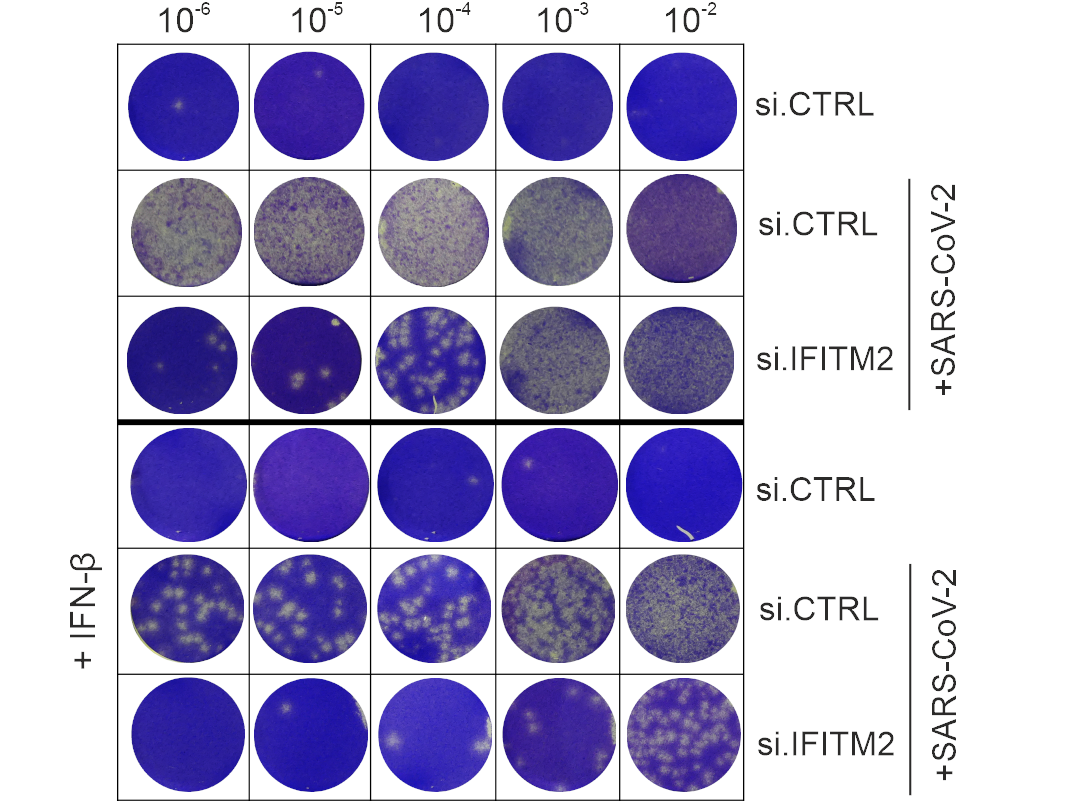
Surprise: SARS-CoV-2 hijacks antiviral factors for efficient infection
IFITMs are well-known to restrict numerous viral pathogens. A new study of CRC 1279 members shows that the opposite is the case for SARS-CoV-2, the coronavirus responsible for the current COVID-19 pandemic.
By Dr. Annika Röcker | July 21th, 2021
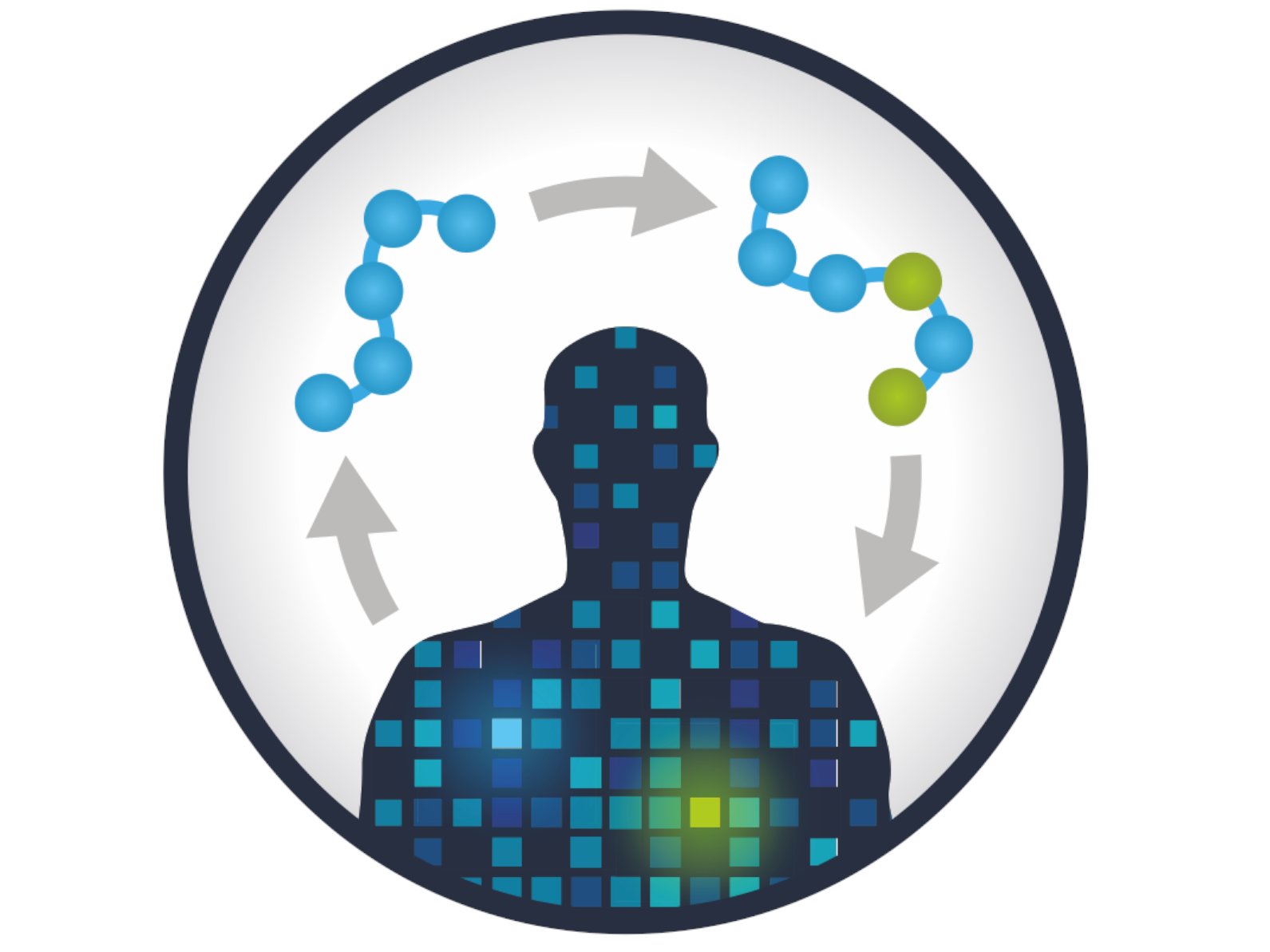
First general meeting to prepare for the second funding period
On Monday, June 28th, the first general meeting to prepare for the second funding period of SFB 1279 took place.
June 6th, 2021 | Prof. Frank Kirchhoff

CRC1279 extended!
On Friday, May 21st, we received the good news that our CRC1279 is one of 27 CRCs that have been extended.
May 29, 2021 | Prof. Frank Kirchhoff
A nanodiamond-based nanothermometer...
... coated with a polymeric nanogel shell containing the photothermal probe indocyanine green has been designed, which serves as a heat generator and nanoscale temperature sensor. We demonstrate that the intracellular temperature can be inhomogeneous and can even differ by 30 °C. The impact of local temperature changes on cell viability is studied.
April 30, 2021 | 🔗 pubmed
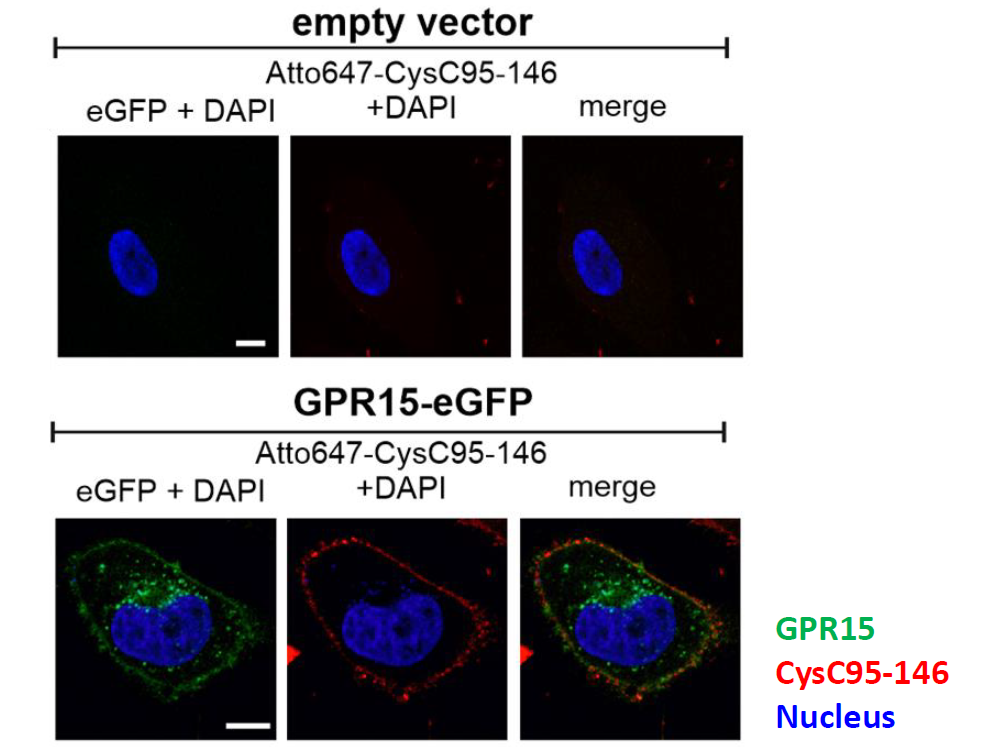
Preventing infection without harming: New antiretroviral peptide discovered in human hemofiltrate
Members of the CRC 1279 identified a peptide that blocks HIV and SIV infection without interfering with the physiological function of the cellular entry cofactor.
by Dr. Annika Röcker | January 21, 2021
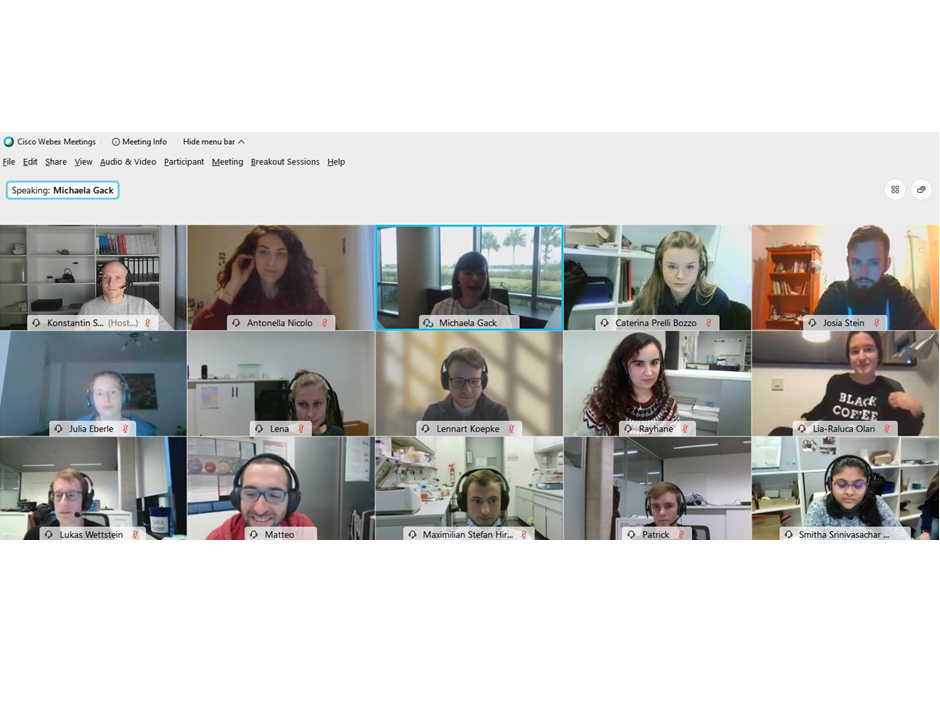
The ‘CRC 1279 and beyond’ seminar series goes virtual
We are delighted that the ‘CRC 1279 and beyond’ seminar series is continuing virtually. In fact, two recent interesting virtual seminars have proven that the virtual format still allows exciting scientific discussion.
by Kristina Hopfensperger | January 7, 2021
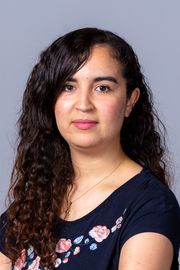
How to ZAP the coronavirus – a host protein prompts degradation of viral RNA
Upon infection with SARS-CoV-2, human cells produce proteins that restrict viral replication. One of them, called ZAP, has now been characterized by members of the Institute of Molecular Virology.
by Dr. Annika Röcker | October 14, 2020
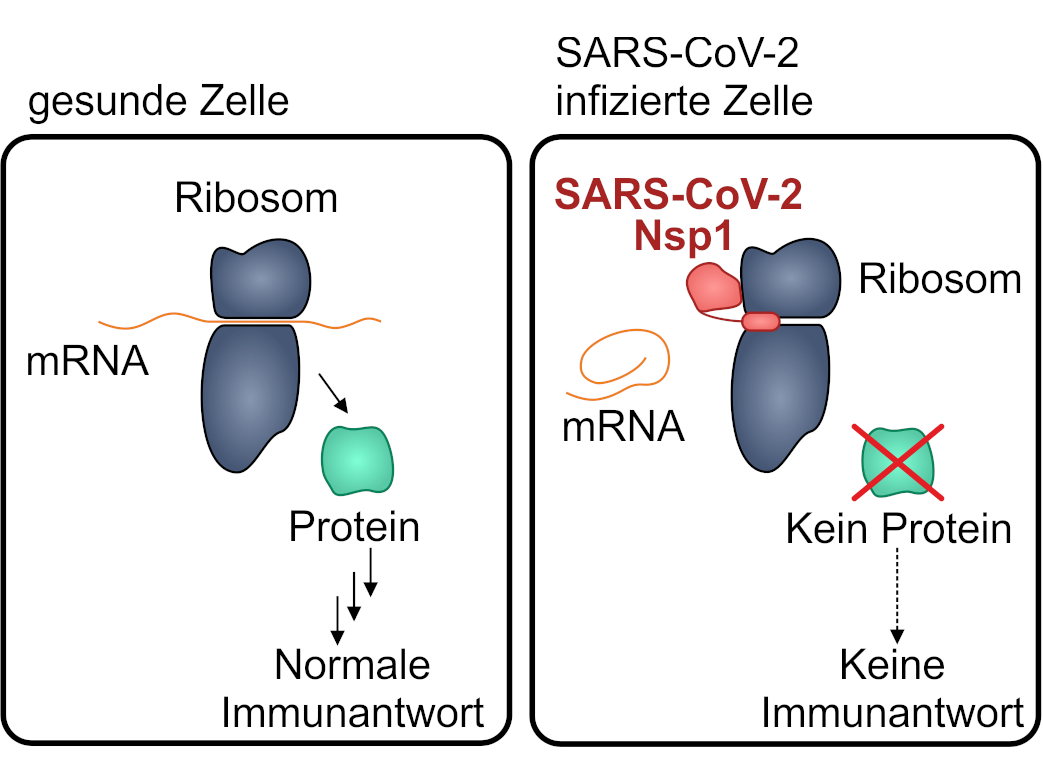
SARS-CoV-2 Nsp1 blocks protein synthesis and innate immune activation
The novel pandemic Coronavirus SARS-CoV-2 is known to effectively evade human immune defenses. In a close collaboration, the team of Prof. Roland Beckman from the LMU Munich and the labs of Dr. Konstantin Sparrer and Prof. Frank Kirchhoff at the Institute of Molecular Virology, Ulm now revealed the molecular details on how the accessory protein Nsp1 of SARS-CoV-2 shuts down the ribosome and consequently major anti-viral defense systems.
by Dr. Konstantin Sparrer | July 23, 2020
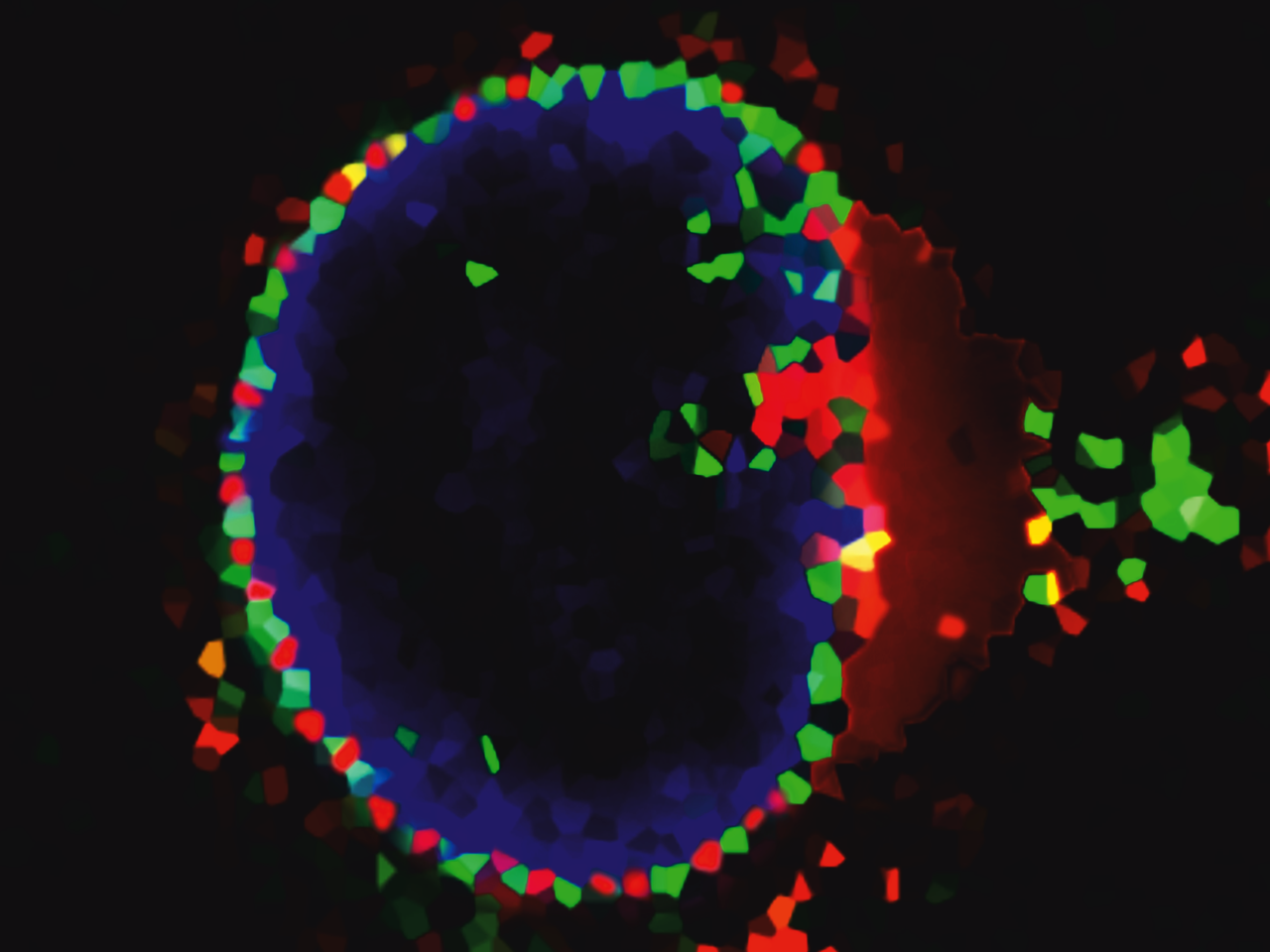
HIV-1 manipulates DNA repair to avoid immune sensing and superinfection
Manipulation of the host cell is essential for replication and spread of HIV-1, the causative agent of AIDS. In a collaborative study, the Wiesmüller and Kirchhoff labs specialized in DNA repair and HIV/AIDS, respectively, now discovered that HIV-1 utilizes its accessory factor Vpu to suppress the accumulation and sensing of nuclear viral DNA species as well as superinfection.
by Prof. Frank Kirchhoff | July 22, 2020

SARS-CoV-2 detected in breast milk
The CRC1279 congratulates Prof. Dr. Jan Münch and his team at the Institute of Molecular Virology Ulm on the first publication of the detection of SARS-CoV-2 in human breast milk 1.
by Kristina Hopfensperger | June 19, 2020
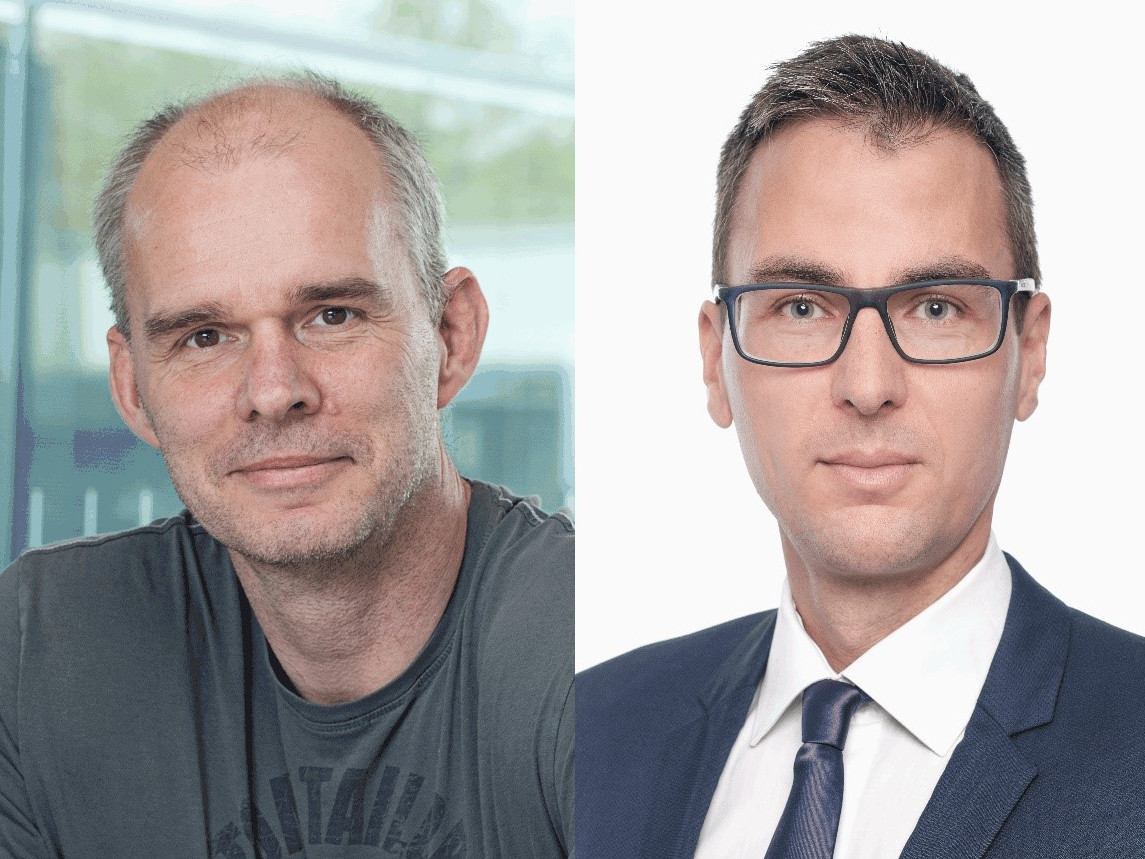
Fighting SARS-CoV-2 – Establishing the basis for future therapeutic strategies
Prof. Dr. Frank Kirchhoff and Jun.-Prof. Dr. Daniel Sauter from the Institute of Molecular Virology receive over 900 000 Euro funding from the Federal Ministry of Education and Research (BMBF) for two new SARS-CoV-2 research projects. Congratulations!
by Kristina Hopfensperger | June 12, 2020
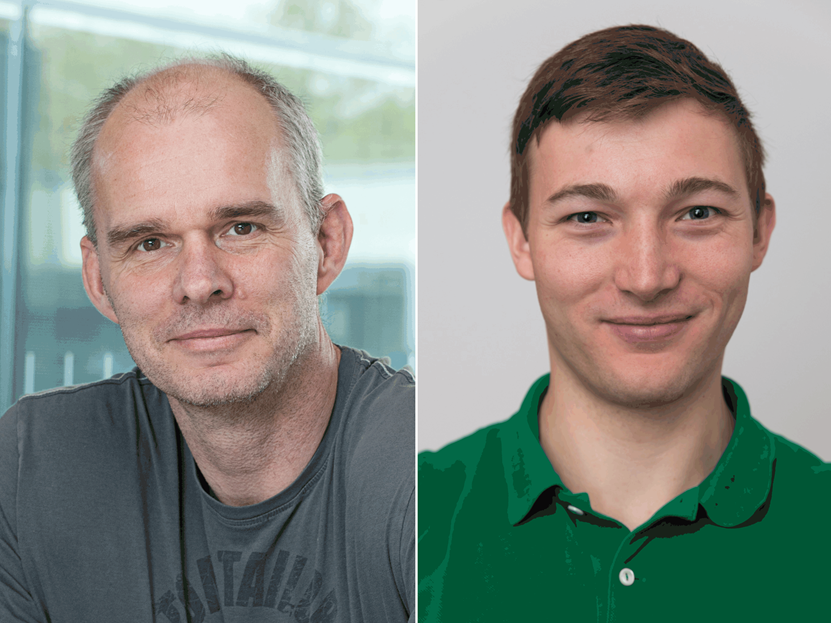
CRC 1279 at the 5th German Pharm-Tox Summit
Congratulations to Maximilian Fellermann who received the young researchers award from the Thieme journal ‘Research’ for the ‘Best Short Presentation 2020 in the subject of Toxicology’.
by Kristina Hopfensperger | March 31, 2020

„Fight nCoV“ – gemeinsam für eine Therapie und Impfung gegen SARS-CoV-2
Die Professoren Jan Münch von der Universität Ulm und Thomas Schrader von der Universität Duisburg-Essen beteiligen sich zusammen mit weiteren europäischen Partnern an dem neuen EU-Projekt „Fight nCoV“. Das Ziel der Forschenden ist es, Wirkstoffe gegen das neue Coronavirus zu testen. Einige vielversprechende Kandidaten sind unter anderem die von Profs. Münch und Schrader entwickelten molekularen Pinzetten.
March 26, 2020 | 🔗 schwaebische.de
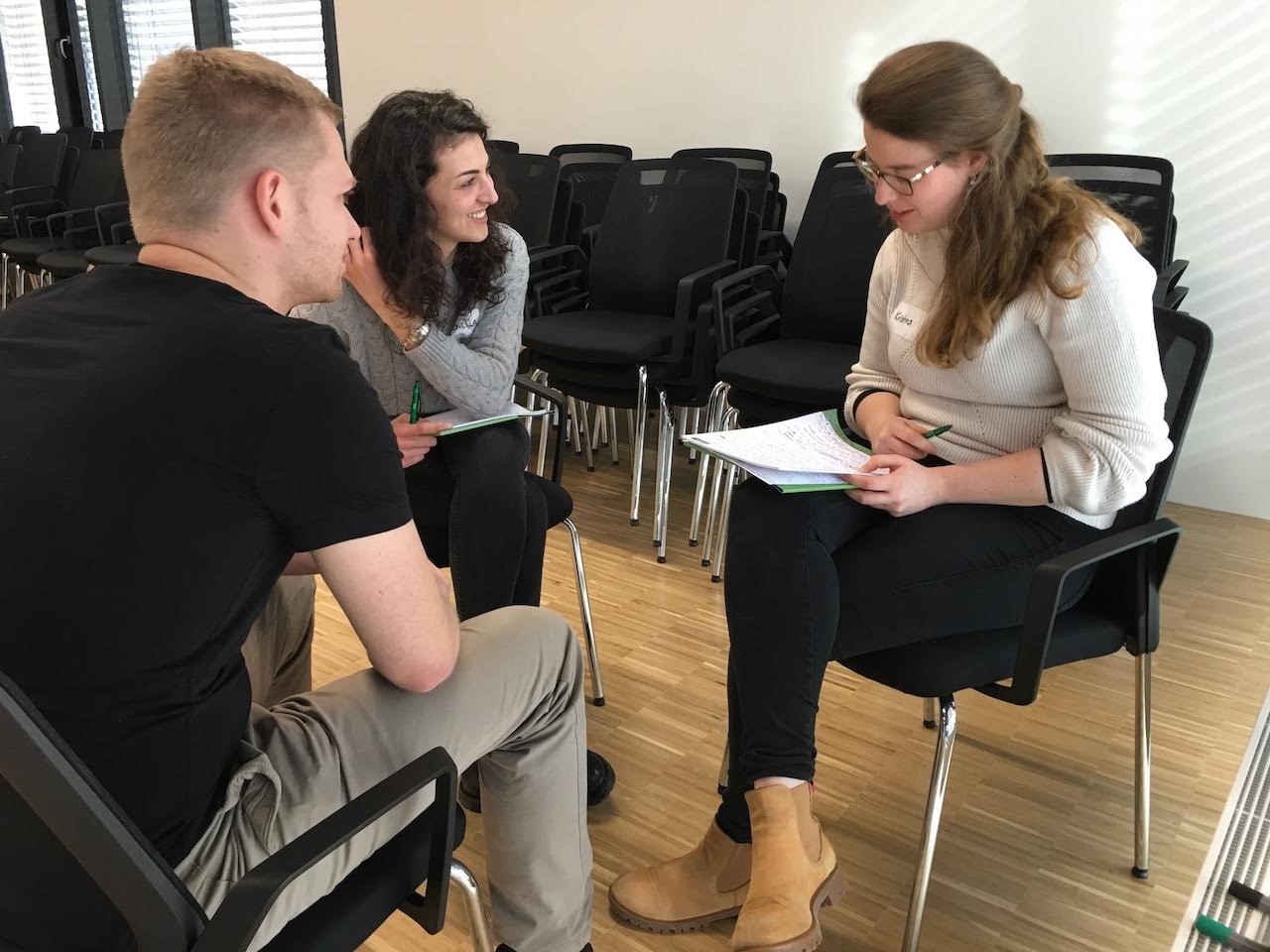
The essentials of science communication
The relevance of science communication has been steadily increasing during the last years. The CRC1279 invited Dr. Tobias Maier from the National Institute for Science Communication in Karlsruhe to host a workshop in Ulm.
by Kristina Hopfensperger | March 10, 2020
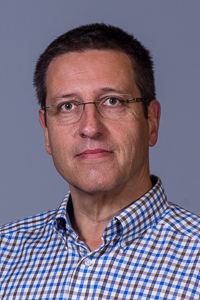
Introducing the new President of the German Society of Experimental and Clinical Pharmacology and Toxicology: Prof. Dr. Holger Barth
The German Society of Experimental and Clinical Pharmacology and Toxicology (DGPT) nominated CRC1279 member Prof. Dr. Holger Barth to be their president for 2020. Prof. Dr. Barth took over the responsibilities from the outgoing president Prof. Dr. Wieland.
by Kristina Hopfensperger | February 10, 2020
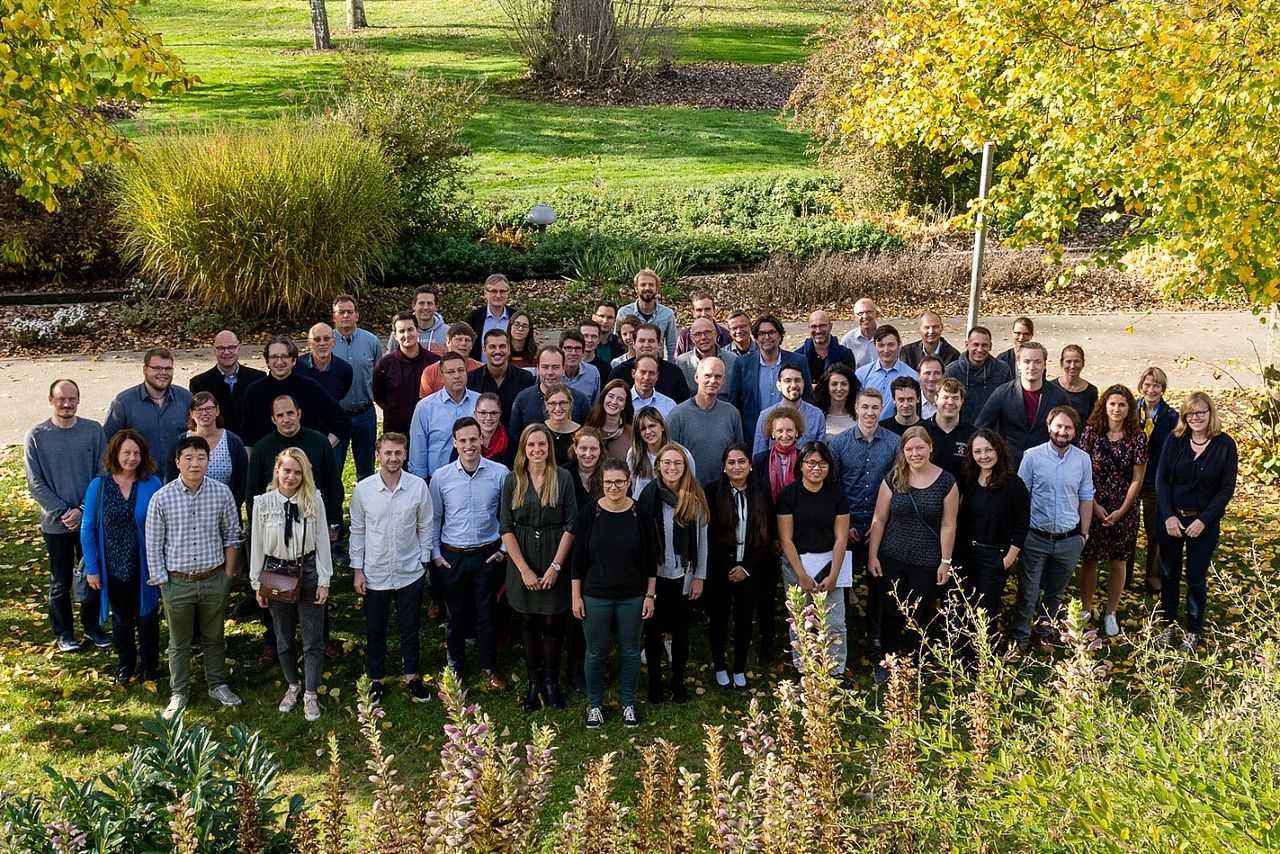
International CRC1279 symposium at Lake Federsee
At the 22nd and 23rd of October over 60 CRC1279 members and several international experts joined the international CRC1279 symposium in Bad Buchau next to the beautiful lake Federsee.
by Kristina Hopfensperger | November 25, 2019
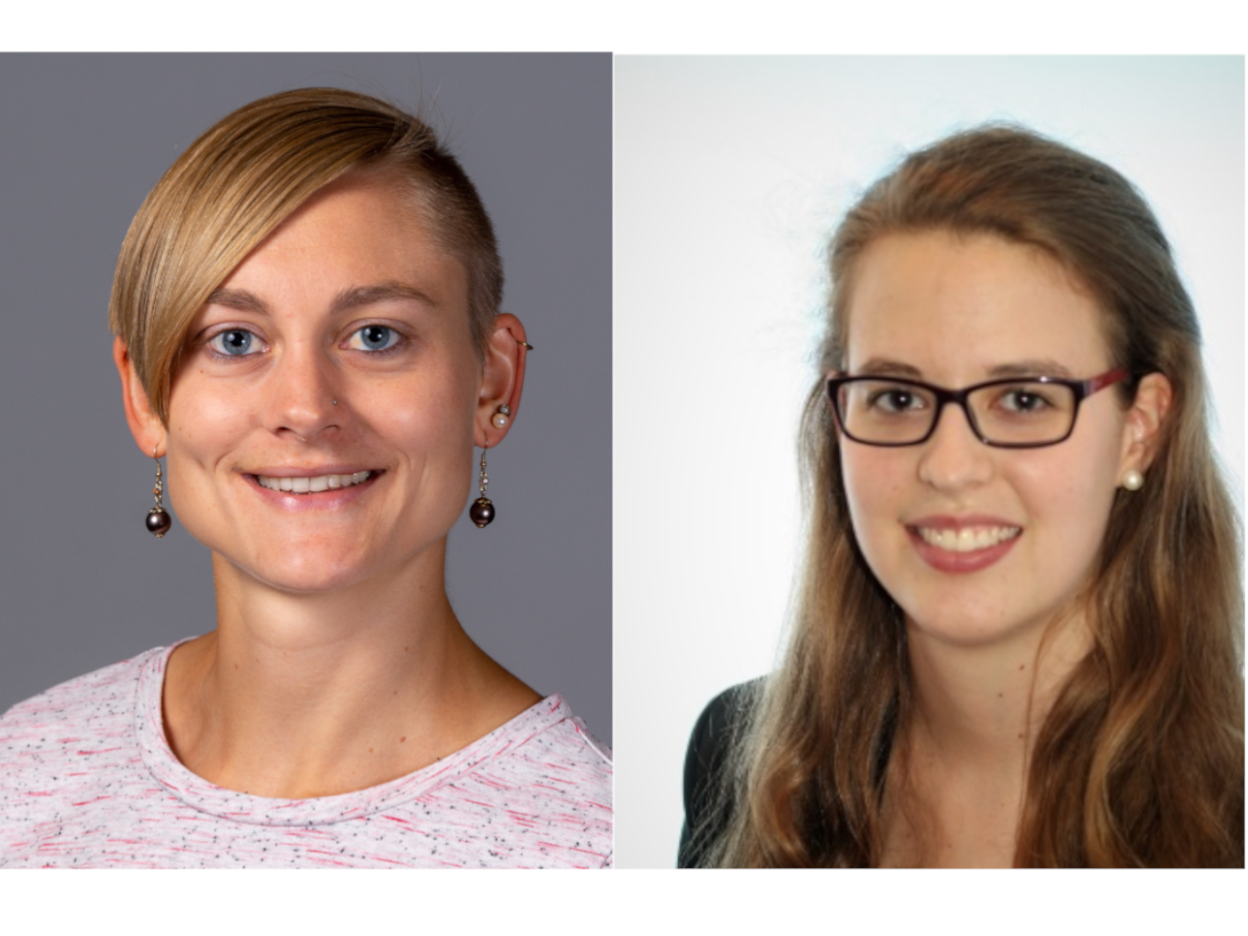
Time to say goodbye… and hello Kristina!
Annika Röcker, so far responsible for Public Relations and Event reports of the CRC homepage, will leave us by the end of March 2019. Luckily, Kristina Hopfensperger will take over.
by Dr. Annika Röcker, Kristina Hopfensperger and Prof. Dr. Frank Kirchhoff
Contact
SFB Geschäftsstelle
Kristina Wohllaib
Tel.: 0731 500 65152
mail: kristina.wohllaib@uni-ulm.de
Speaker
Kirchhoff, Frank, Prof. Dr.
Institute of Molecular Virology
Ulm University Medical Center
Meyerhofstr. 1
89081 Ulm
Tel.: 0731 50065150
mail: frank.kirchhoff@uni-ulm.de
CRC1279 Upcoming Events
19th of May 2025
CRC 1279 Monday Seminar series with:
Prof. Anna Ermakova
TBA
Place: N27/Online, Time: 3 pm
2nd of June 2025
CRC 1279 Monday Seminar series with:
Prof. Tarq Enver
"Origin, evolution and targeting of childhood leukemia"
Place: N27/Online, Time: 3 pm
For more information and previous CRC1279 Monday Seminars klick here
Building the CRC1279 Webpage
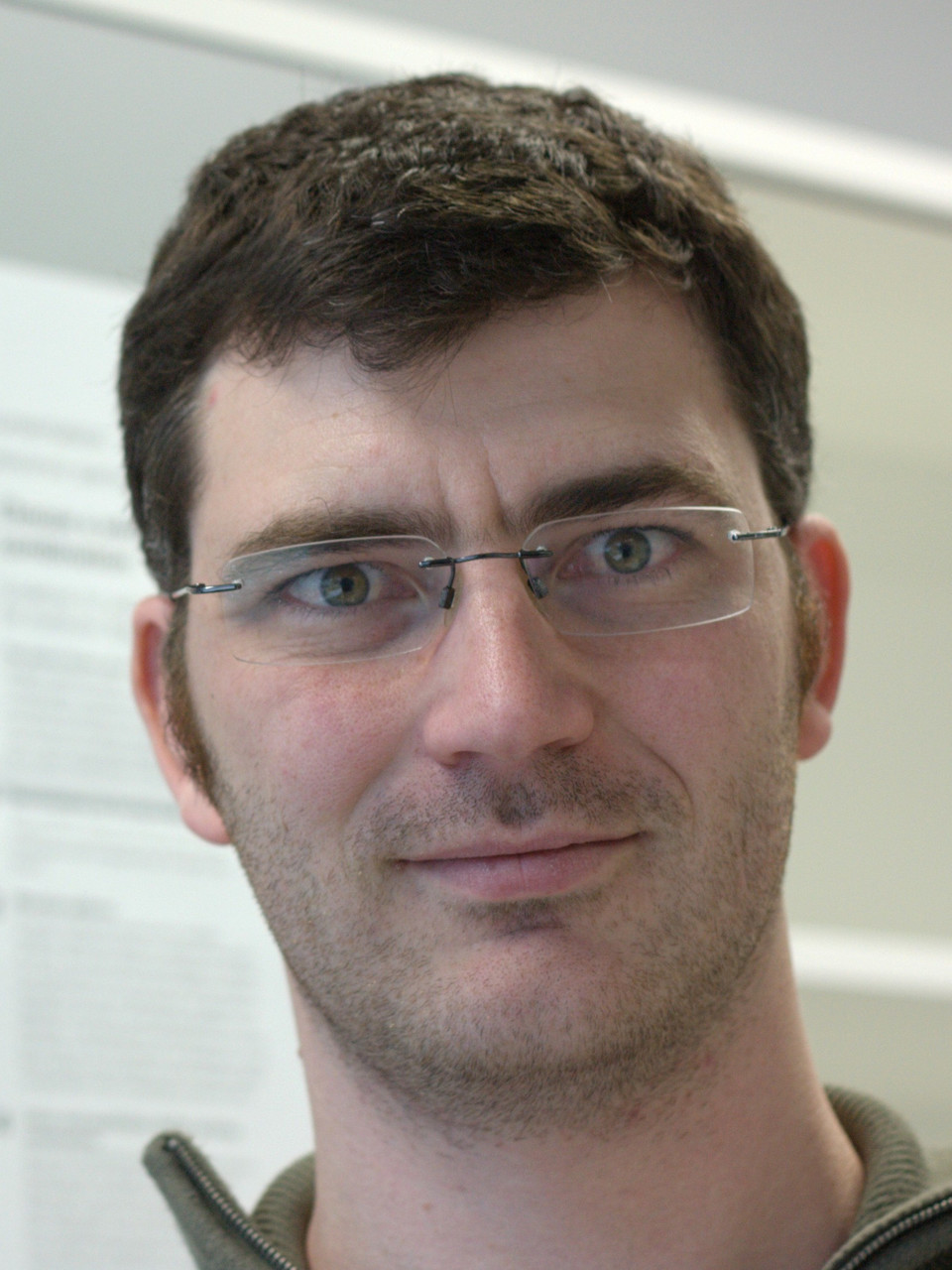
Web Design and Content
Dr. Dré van der Merwe:
dre.van-der-merwe@uni-ulm.de
Lab Manager at the institute of Molecular Virology Ulm

Public relations
Dan Albers:
dan.albers@uni-ulm.de
PhD student at the institute of Molecular Virology Ulm
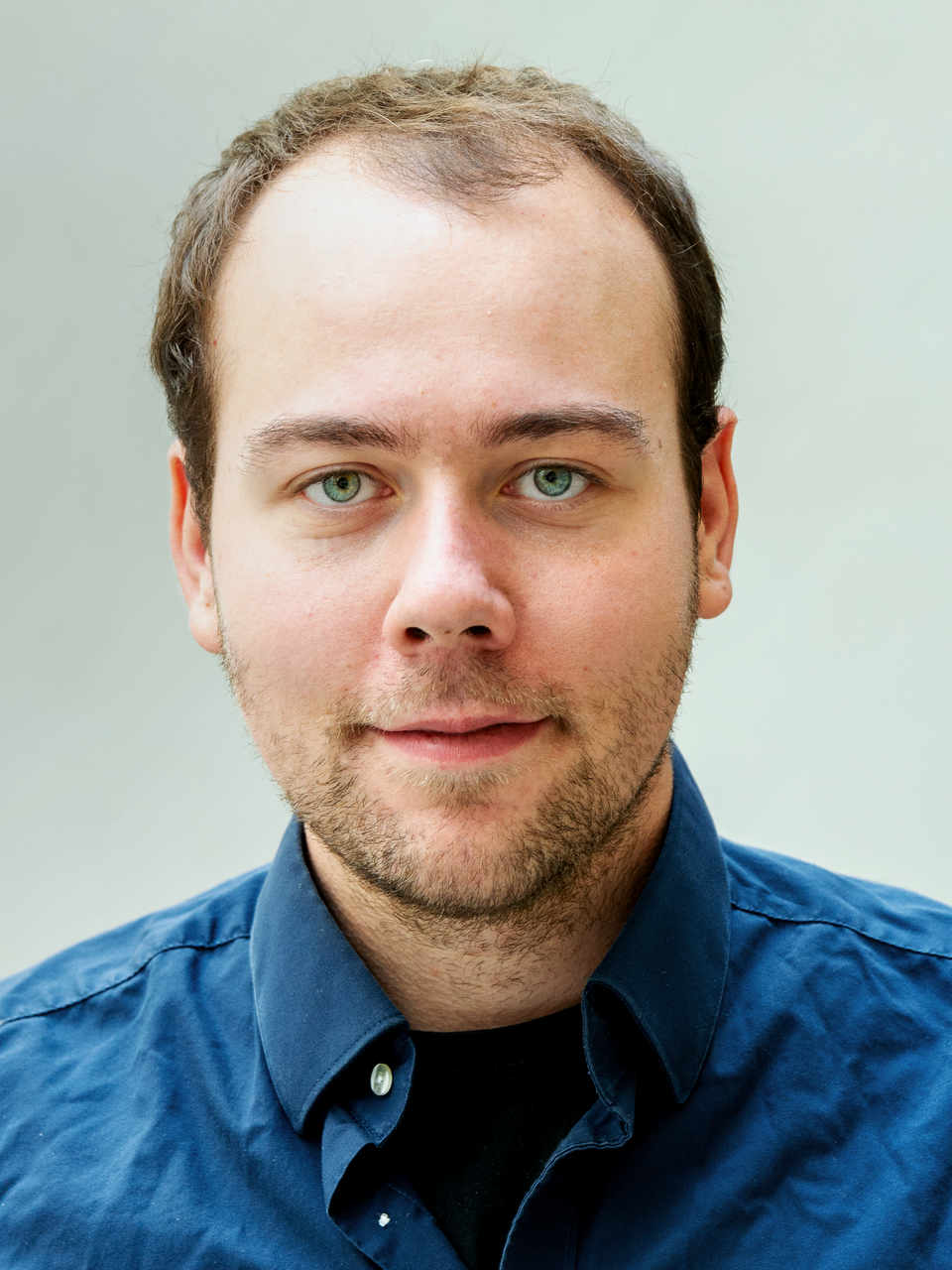
Web Design
Dr. Fabian Zech:
fabian.zech@uni-ulm.de
Post-doc at the institute of Molecular Virology Ulm



